You May Experience Culture Shock When Visiting Saudi Arabia
10 Jan 2025Saudi Arabia has been closed for many years. Only recently have the authorities allowed tourists to visit their country. We have lifted the veil on the interesting and strange things happening there. If you want to know more, then quickly scroll through our article.
Sidewalk Skiing
In Saudi Arabia, a thrilling but risky activity called "sidewalk skiing" has gained popularity. This stunt involves driving a car on two wheels while keeping it balanced on its side. Drivers often perform it on highways or open roads. They tilt the vehicle at an angle, leaving only two wheels in contact with the ground.

@Isaac Arnsdorf/bloomberg.com
Passengers sometimes climb out of the car during the stunt, adding to the danger. "Sidewalk skiing" requires skill, practice, and precision but is unsafe. When things go wrong, many accidents happen. Despite the risks, young drivers continue to attempt the stunt to impress others or post videos online.
Camel Race
Saudi Arabia hosts the King’s Cup camel race, a major event during the Janadriyah National Festival. This exciting race involves up to 1,200 camels competing on a 20-kilometer track. Camel racing is a cherished tradition in the country and draws large crowds every year.
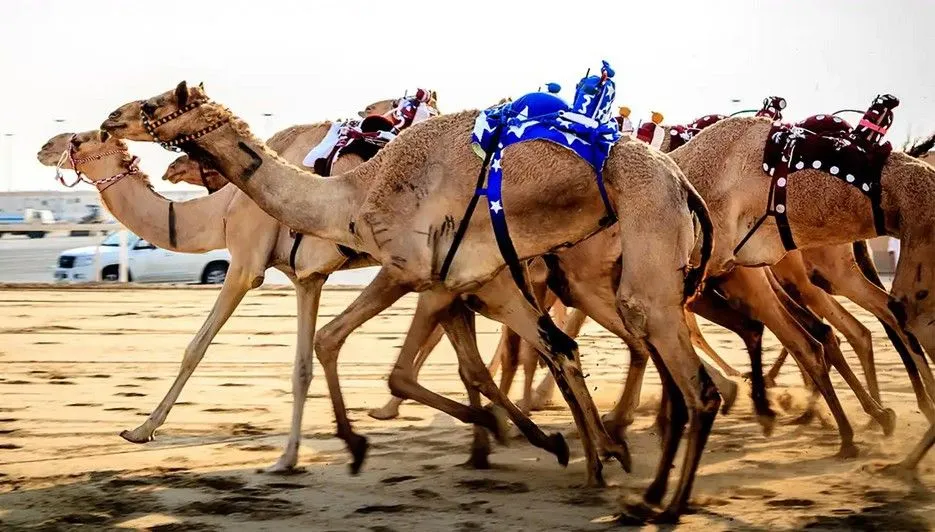
@Dubai Royal Camel Racing Club/visitdubai.com
In recent years, the Arabian kingdom has introduced a modern twist to the sport. Instead of human jockeys, small robots are used to ride the camels. These robots are controlled remotely, ensuring the safety of the animals and avoiding the use of underage jockeys.
No Alcohol
There is a prohibition state where alcohol is completely banned. Consuming, producing, or possessing alcohol is illegal and is punishable by strict laws. Despite this, some expatriates in the country engage in small-scale brewing and winemaking at home.

@Kolaları soydukça bira çıktı/odatv.com
There is also a black market for alcohol, offering a variety of spirits to those willing to take the risk. Additionally, a locally made illicit alcohol, known as sidiqi—meaning "my little friend" in Arabic—is produced using homemade stills. Sidiqi is popular but dangerous due to its unregulated production.
Male Guardians for Women
The women historically needed permission from their male guardians to make many decisions. These included opening a bank account, filing a police complaint, or even attending school in some cases. Women were required to follow a strict dress code, typically wearing an abaya and covering their hair in public.
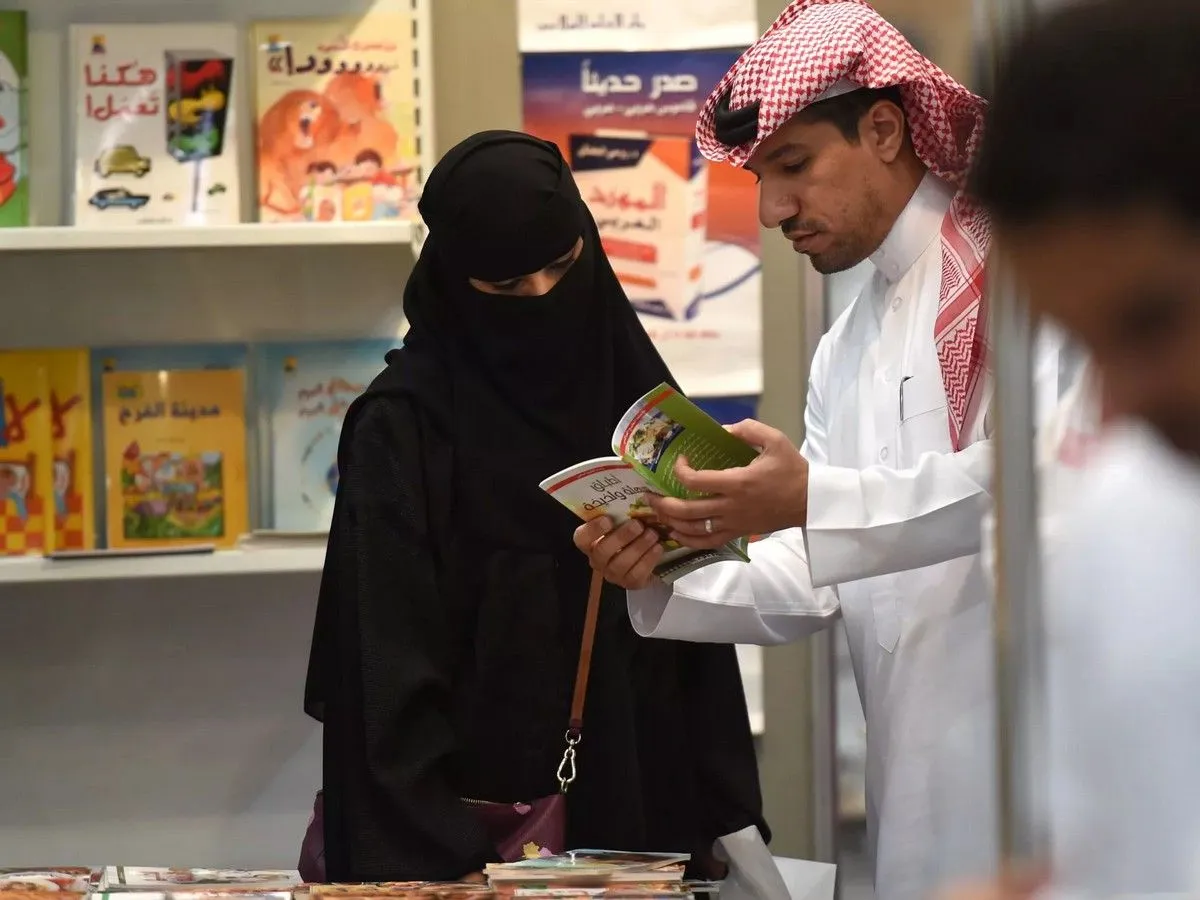
@Deborah Amos/wunc.org
However, in recent years, significant reforms have taken place. Women are now allowed to drive, travel without a male guardian, and participate in sports and public events. While these changes represent progress, challenges remain in achieving full gender equality.
Camel Markets
Saudi Arabia is home to the biggest camel market in the world. It is a place where camels are traded for racing, breeding, or farming purposes. Camel meat is also a traditional part of Saudi cuisine, enjoyed for its unique flavor and cultural value.
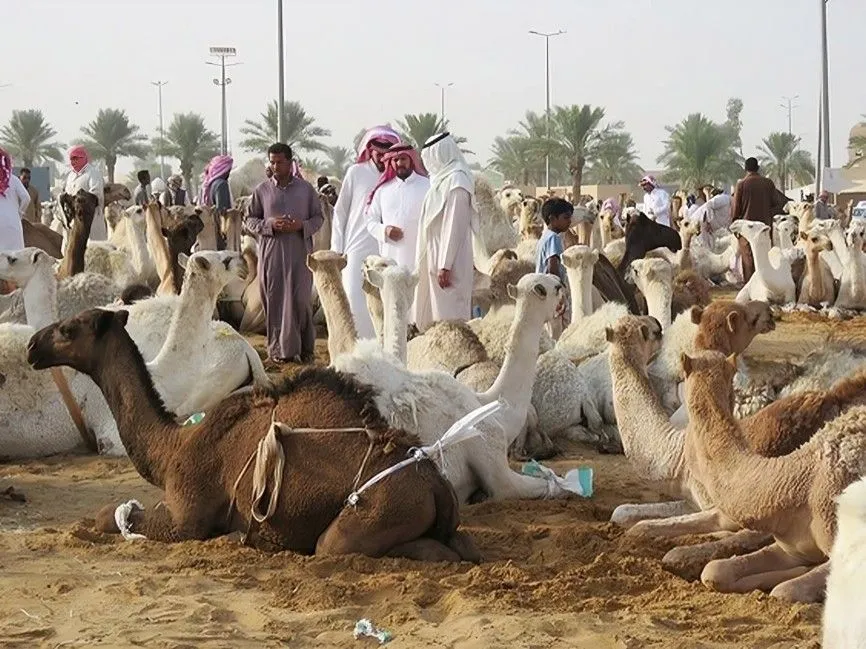
@Philip Josephs/vancouversun.com
Camels in this country are fitted with tracking chips, which help identify their owners and monitor their movements. Before purchasing a camel, sellers often describe its "character" and "personality," showcasing the bond between humans and these animals.
Weddings are When Women and Men Separate
Weddings there are usually celebrated separately for women and men. This separation is a characteristic feature of Saudi weddings, and it is maintained throughout most of the celebrations. The celebration lasts for several days and includes a variety of events.
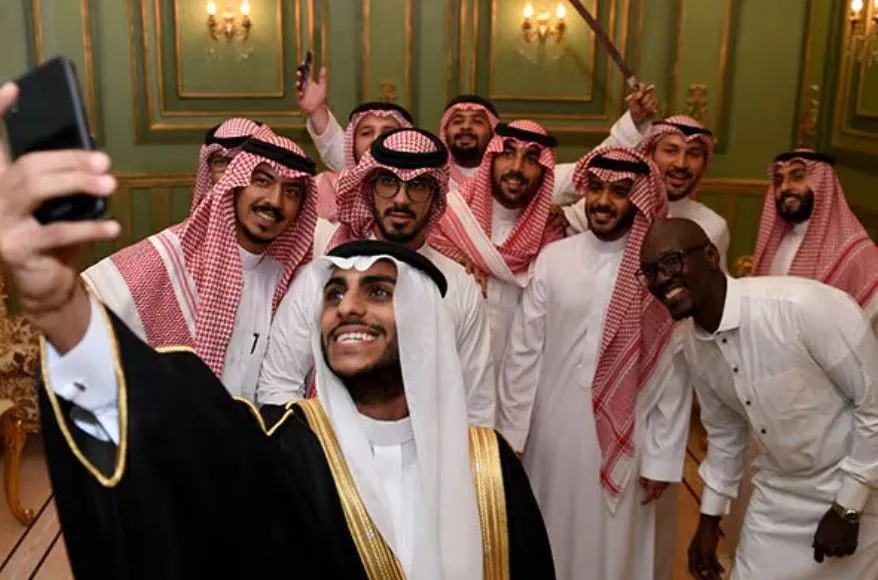
@At Saudi Arabia's Millennial Weddings, Small Is The New Beautiful/ndtv.com
The women's part of the celebration usually takes place in luxurious banquet halls where guests enjoy dancing and music. The men's part of the celebration is held separately, with traditional dances such as arda (sword dance) and food such as camel meat and dates. At the final stage, a joint reception is sometimes organized for close relatives.
Margoog
Saudi cuisine is rich, flavorful, and deeply rooted in tradition. Rice and meat or fish form the foundation of most dishes, making them hearty and satisfying. Like many other cultures, Saudi Arabia has specific dishes for different seasons. Winter dishes, in particular, are designed to provide warmth and comfort.
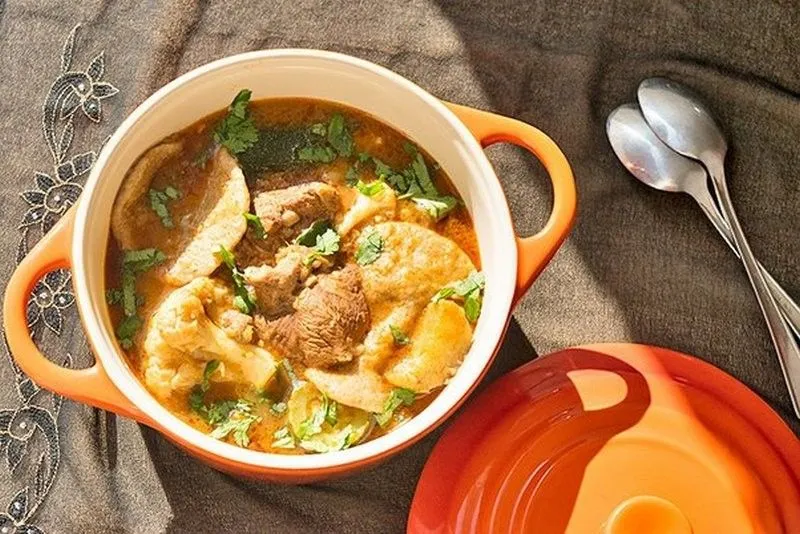
@Reem Ali/quora.com
One standout winter dish is Margoog. Surprisingly, it doesn’t get as much attention as it deserves. This dish features a savory lamb and vegetable stew combined with large, thinly kneaded discs of dough. The dough soaks up the flavors of the stew, creating a texture similar to pasta but with a distinct taste.
No Direct "No"
The Arabs almost never say a direct "no" because refusal is considered impolite. Instead, they often use hints, avoid giving a direct answer, or make vague promises.

@Claire Henshaw/insights.omnia-health.com
This communication style is part of a culture that values politeness and seeks to avoid conflicts or causing discomfort to others. For example, if someone cannot fulfill a request, they might say, "Inshallah" ("If God wills"), which does not directly refuse but implies uncertainty.
Prayer on the Way
The prayer holds great importance in daily life, and many locals make sure to observe their religious duties even when on the move. To facilitate this, some individuals keep prayer mats in their cars.
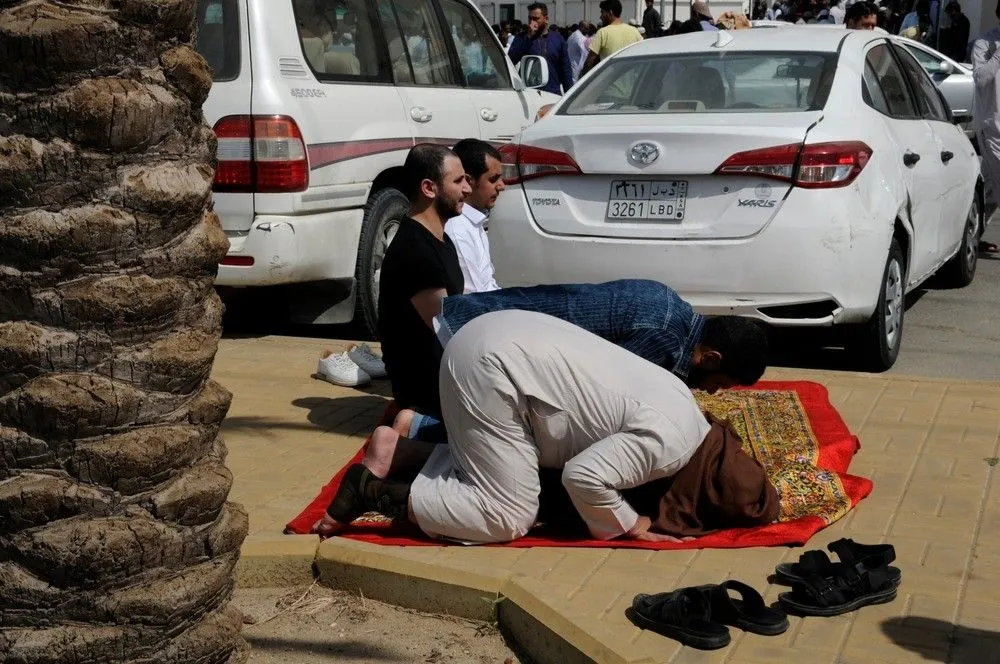
@Shaykh Irshaad Sedick/seekersguidance.org
When it's time for prayer, even while driving long distances, people can easily pull over to a safe spot, unfold their prayer mat, and perform their ritual without delay. It is a reflection of the strong connection to faith that permeates daily life in Saudi Arabia.
Taboo on Shaking Hands
Shaking hands between men and women who are not family members is considered taboo. This is due to strict interpretations of Islamic customs and modesty rules. As a result, men and women typically greet each other without physical contact, opting instead for gestures such as placing a hand on the heart or verbal greetings.
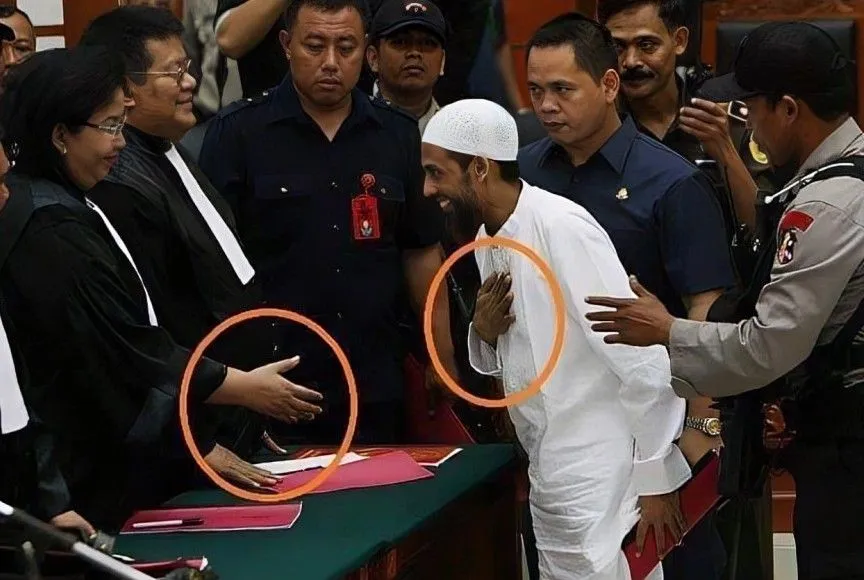
@ISPAR TV English/facebook.com
However, in some more relaxed environments or among foreign visitors, the norm may be less strictly observed but it remains important to be respectful of local customs. Understanding these social rules is crucial for building positive relationships in Saudi Arabia.
Forbit on Valentine’s Day
Valentine’s Day is considered incompatible with Islamic teachings and Saudi cultural traditions. It is viewed as a foreign cultural import that promotes values conflicting with local norms, particularly the encouragement of interactions outside marriage. The ban underscores the country’s commitment to preserving its Islamic identity and societal standards.
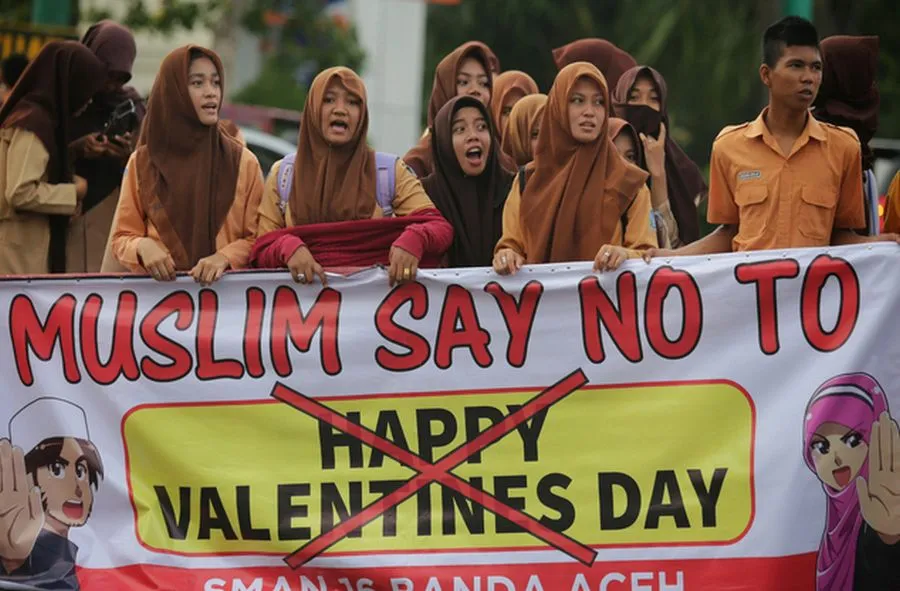 @7 Countries That Refuse to Celebrate Valentine’s Day/weddedwonderland.com
@7 Countries That Refuse to Celebrate Valentine’s Day/weddedwonderland.com
The sale or display of red items, such as roses or clothing, is strictly prohibited on this day. This rule is enforced by the Committee for the Promotion of Virtue and the Prevention of Vice, and violations can lead to shop closures and restrictions on individuals, including schoolgirls, who are forbidden from wearing red.
Unusual Greeting
In some regions of Saudi Arabia, it is customary for men to greet each other by touching their noses. This unique form of greeting, known as the "nose touch," is a traditional gesture of respect and friendship. It is typically performed in close relationships or among close acquaintances, reflecting a sense of warmth and familiarity.
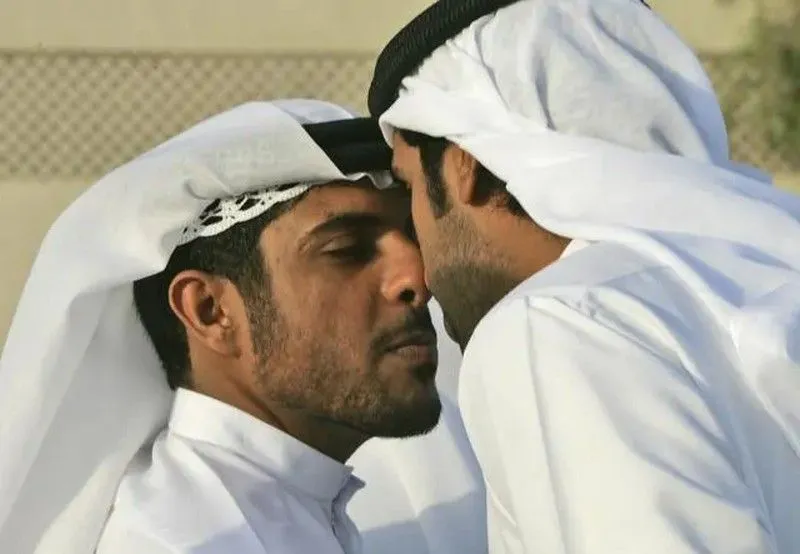
@Abdullah Hamidaddin/letsgomelo.com
The gesture is a part of Saudi Arabian culture, which places a strong emphasis on hospitality and personal connection. The nose touch is considered more intimate than a handshake, and it avoids physical contact that could be seen as inappropriate in certain social contexts, particularly between men and women.
The Separate Queues
In many places, such as cafes, shops, and other public spaces, men and women stand in separate queues. This practice is rooted in the country's conservative cultural and religious values. The separation of queues ensures that men and women do not interact physically or closely in places where they are not closely related.
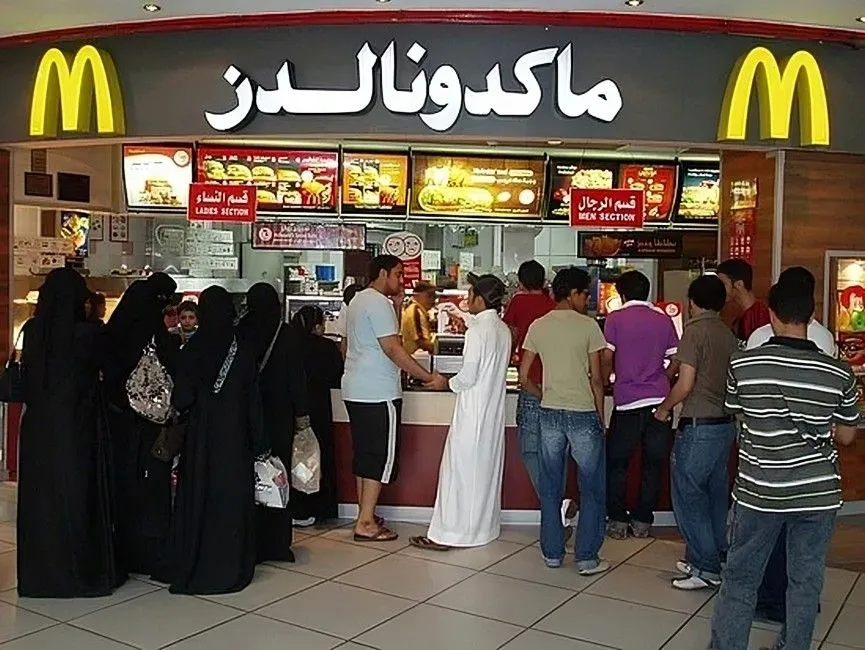
@Gender Equality in Saudi Arabia/revisesociology.com
In more modern or international environments, the rules may be less strictly observed, and men and women may share queues, especially in more cosmopolitan cities. Nonetheless, the tradition of separate lines remains prevalent in many public spaces across the country.
Birthday is not an Important Event
In this country, it is uncommon for people to celebrate their birthdays. While the idea of celebrating birthdays is popular in many parts of the world, it is not widely practiced in Saudi culture. This is largely due to religious and cultural values, where such celebrations are not traditionally observed.
@DiplomaticQuarter/arabnews.com
The birthdays are not considered an important occasion, and many view them as a Western custom that is not in line with local religious practices in Islam. Instead, family gatherings and celebrations focus on religious holidays, such as Eid al-Fitr and Eid al-Adha, or personal milestones like weddings and the birth of children.
Men Can't Work in Lingerie Shops
For many years in Saudi Arabia, women were generally prohibited from working in most fields, including in lingerie stores. This created a situation where male employees often had to assist female customers in buying intimate apparel. It could be uncomfortable for both parties due to cultural and social norms regarding gender segregation.
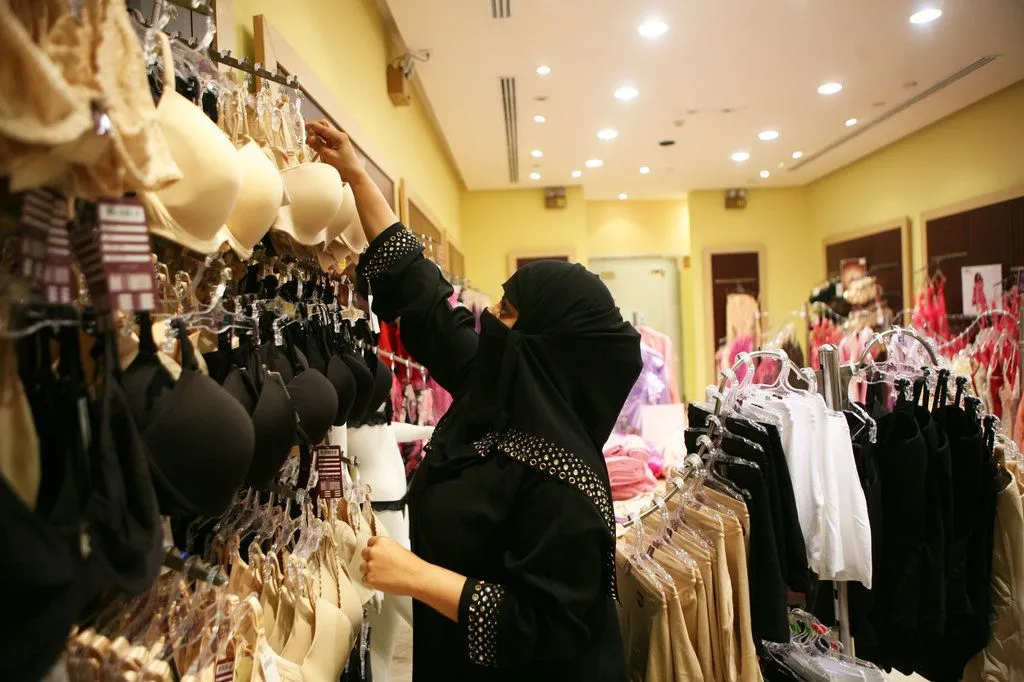
@THOMAS W. LIPPMAN/nytimes.com
Women activists played a significant role in challenging this practice, advocating for women’s rights to work and a more appropriate shopping environment for female customers. Their efforts led to a landmark decision in 2012 when the Saudi government issued a decree banning men from working in lingerie shops.
The Anti-Witchcraft
Any form of witchcraft or magic is strictly prohibited by law. The country takes such practices very seriously due to its adherence to Islamic law, which condemns sorcery as a sin. To enforce this prohibition, Saudi Arabia has established a special unit within its religious police, known as the Anti-Witchcraft Unit. They monitor and investigate individuals suspected of practicing witchcraft or magic.
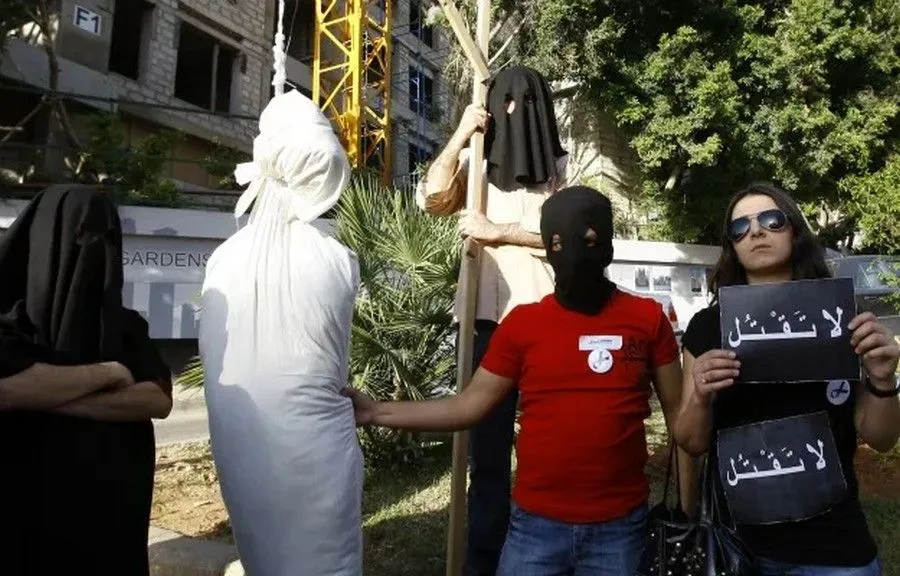
@Uri Friedman/foreignpolicy.com
People found guilty of engaging in such activities can face severe penalties, including long prison sentences, and in extreme cases, even execution by beheading. The government's stance on witchcraft reflects the broader religious and cultural values that guide daily life in Saudi Arabia.
Non-living Monuments
The monuments dedicated to living beings, including humans and animals, are generally not allowed due to Islamic teachings. It prohibits the representation of living creatures in art, as outlined in the Quran. This restriction stems from the belief that creating images of living things can lead to idolatry.
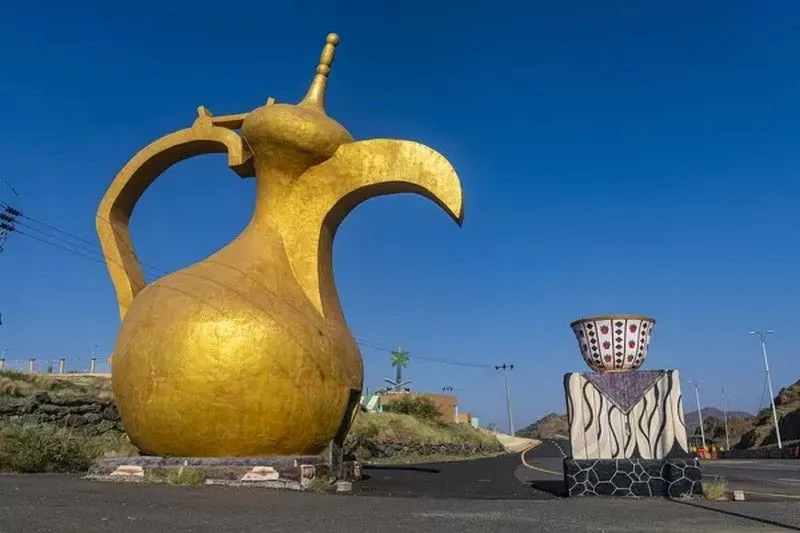
@Huge tea pot monument in the Asir mountains/worldinprint.com
As a result, traditional statues or monuments of people and animals are rare in the kingdom. The Government has found creative ways to honor important elements of daily life through non-living monuments. For example, there are monuments dedicated to everyday objects, such as teapots, window cleaners, or tools, reflecting the country's appreciation for certain aspects of culture and history.
Few People Can Swim
Despite Saudi Arabia's proximity to the Persian Gulf, most of its residents do not know how to swim. This may seem surprising given the country's extensive coastline and warm climate, which would typically encourage water activities. However, cultural factors, such as a historical lack of emphasis on water sports and swimming, have contributed to this trend.
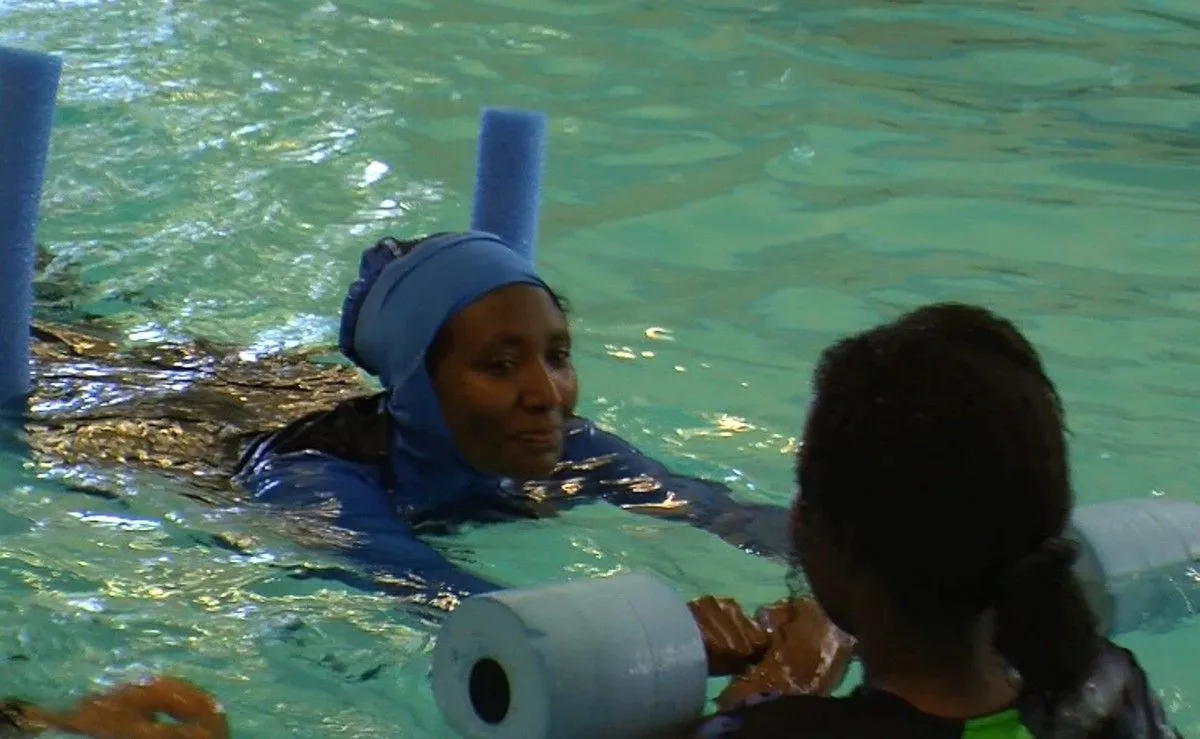
@Megan Burks/kpbs.org
In recent years the situation has begun to change, with increased awareness and the promotion of swimming as a valuable skill. Efforts are being made to provide swimming facilities and classes, particularly for women, as part of broader efforts to improve physical education and promote a more active lifestyle in the kingdom.
There is Little Public Transportation
Personal cars and taxis dominate transportation in this country. A preference for privacy and convenience, combined with a high standard of living, has made car ownership essential for most in Saudi Arabia's vast urban areas. Many families own multiple vehicles, and driving is the primary mode of transport within and between cities.
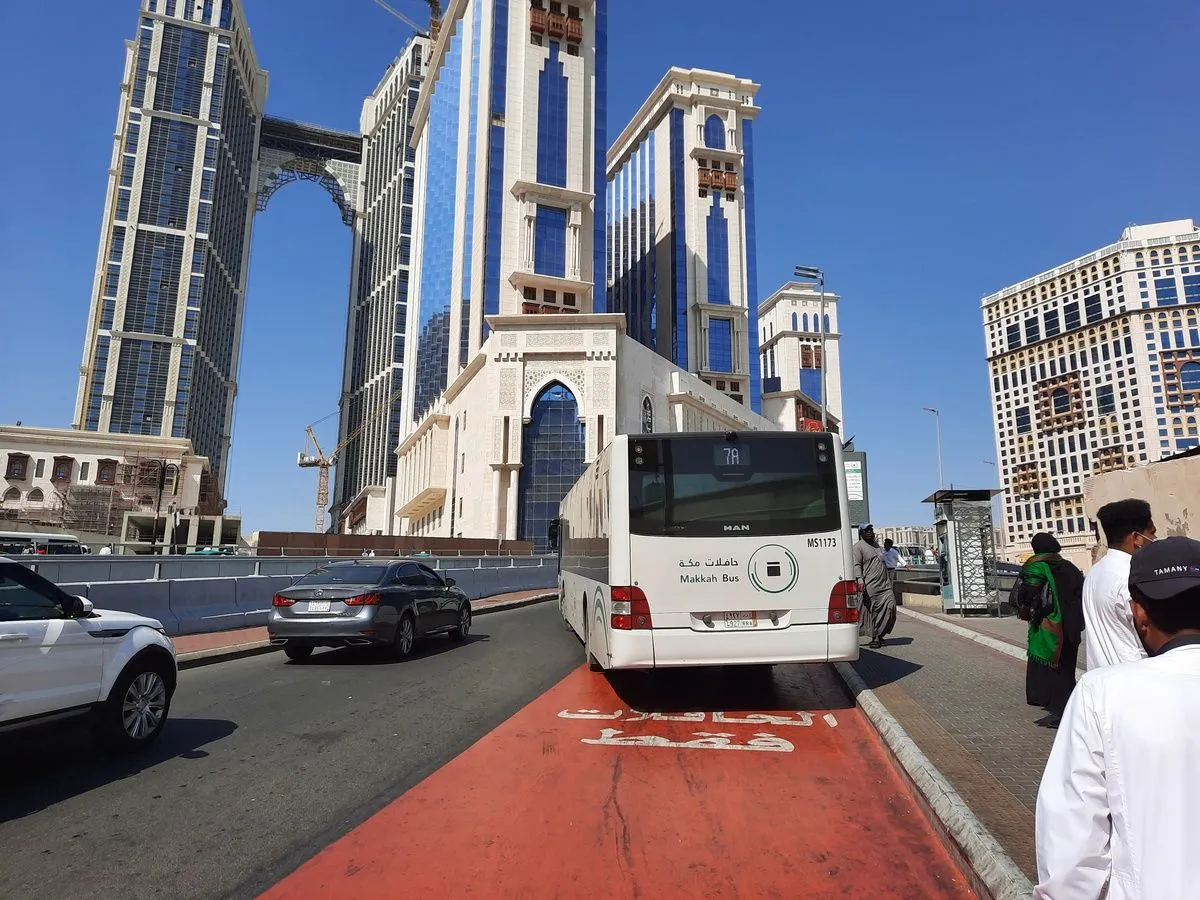
@Mecca, Saudi Arabia/vecteezy.com
While public buses, though present in major cities, are not as widely used or extensive as in other countries. This reliance on private vehicles has resulted in significant traffic congestion, especially in large cities like Riyadh and Jeddah. But recent initiatives like the Riyadh Metro demonstrate a growing focus on developing public transportation to alleviate traffic and reduce car dependency.
There are no Fitting Rooms in the Stores
The traditional view that disrobing, even in a fitting room, was inappropriate for women, prevented them from trying on clothes in stores. This is due to concerns about modesty and the desire to avoid situations where a woman could potentially be seen in a state of undress by others.
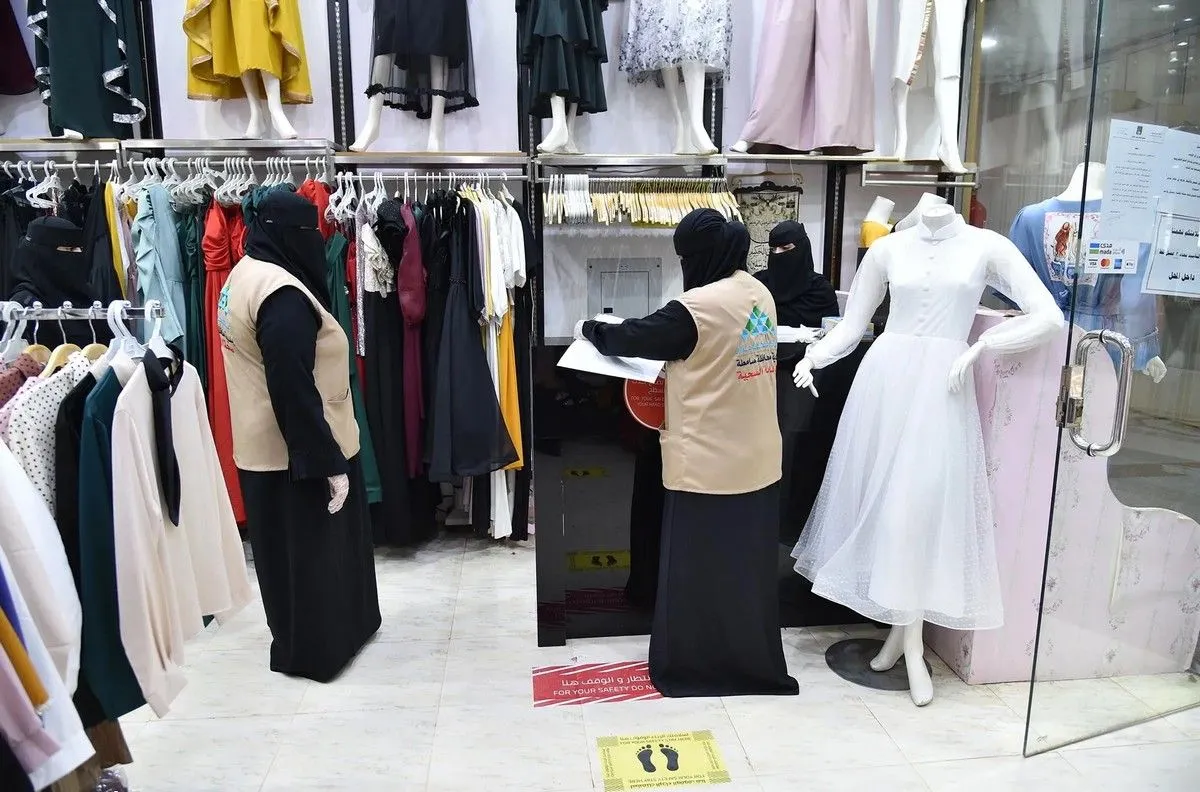
@Saudi women/brookings.edu
As a result, women often shop to buy clothes without trying them on beforehand. Instead, they may rely on store attendants or family members for advice, or they may take clothes home to try them on privately.
Saudi Arabia Imports Sand from Australia
While vast deserts dominate Saudi Arabia, much of the sand within these deserts is unsuitable for construction. This fine-grained sand lacks the necessary properties to support large-scale building projects. To address this challenge, Saudi Arabia has turned to Australia for sand imports.

@Why even arab nations are buying sand/timesofindia.indiatimes.com
Australian sand, known for its coarser texture, is ideal for concrete production and other construction applications. By importing sand, the country ensures the continued progress of its infrastructure projects, unhindered by the constraints of local sand resources.
Harry Potter Has Been Banned
J.K. Rowling's world-famous Harry Potter book has been banned. Moreover, it can't even be imported into the country and you can go to jail for it. And all because the book is about magic, which is known to be unacceptable in Saudi Arabia.

@Ludovica Iaccino/btimes.co.uk
The government doesn't care that this novel is just a fairy tale fiction and does not pose any danger. The main thing is that Harry Potter does not correspond to Islamic values, and this is already a threat to Saudi society.
Women Behind the Wheel
In recent years, Saudi women have increasingly embraced driving, not just on roads but in competitive events as well. In March 2022, Saudi Arabia hosted its first all-women’s off-road rally, where 35 teams traveled from Hail to Riyadh across three stages. This groundbreaking event highlighted the growing presence of women in motorsports.
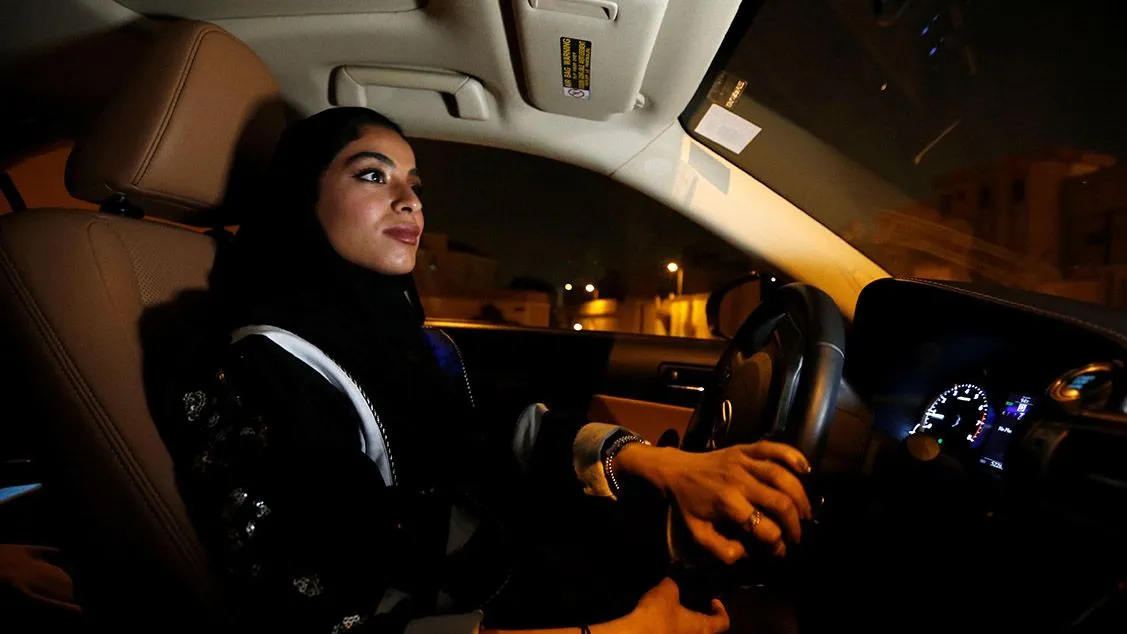
@The Changing Role of Women/research.hktdc.com
Moreover, women have become part of the ride-hailing industry. Female Uber drivers are now an option, and the Uber app even offers a “women preferred view” feature, allowing female drivers to choose female passengers. In addition, exclusive ride-hailing apps like Wsslini and Leena have been launched, providing services tailored specifically for women in Saudi Arabia.
Hospitality is a National Trait
Hospitality is a cornerstone of Saudi Arabian culture. Locals take pride in offering a warm welcome to guests, often inviting them into their homes and serving traditional Arabic coffee and dates. This custom reflects the deep-rooted value placed on showing kindness and ensuring guests feel comfortable.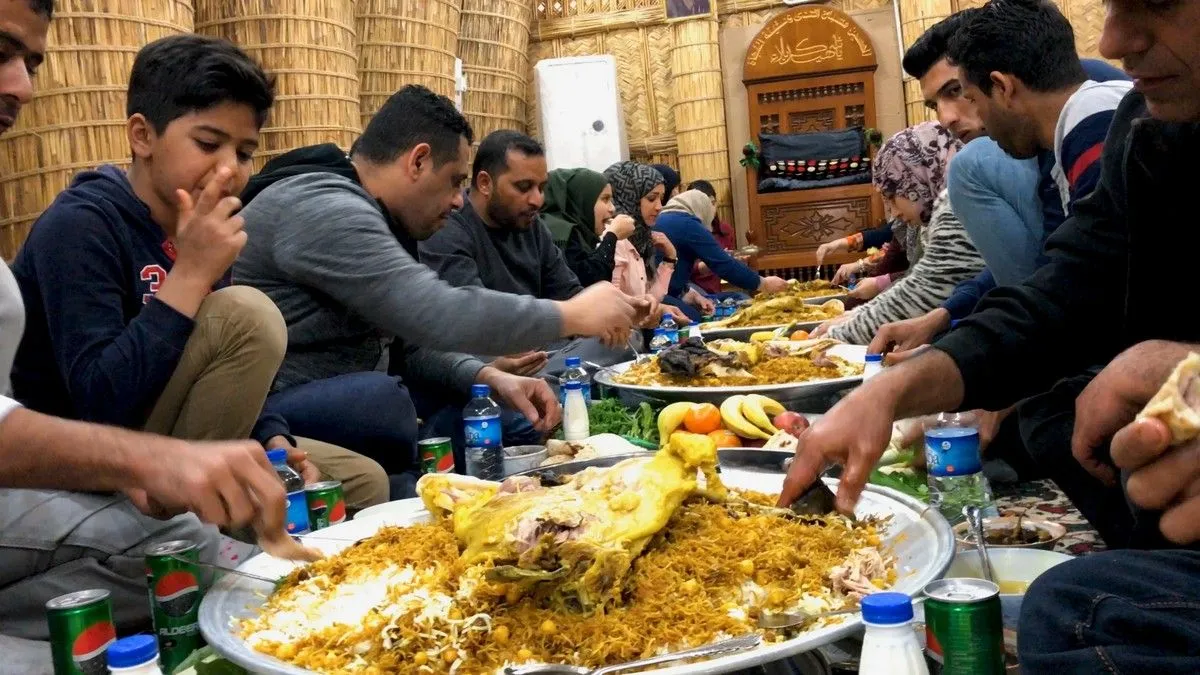
@Saudi Arabia Culinary Tour/letsgomelo.com
In addition to hospitality, the concept of Wasta, which refers to the use of personal connections or networks, plays a significant role in Saudi society. Wasta is often utilized to help navigate bureaucratic systems, secure opportunities, or resolve issues more efficiently.
It's Need to Ask for Permission to Take a Photo
Privacy is highly valued in Saudi Arabia, particularly for women. Therefore, it's crucial to be respectful when taking photographs. Always obtain explicit permission before photographing individuals, especially women, who may not feel comfortable being photographed in public.
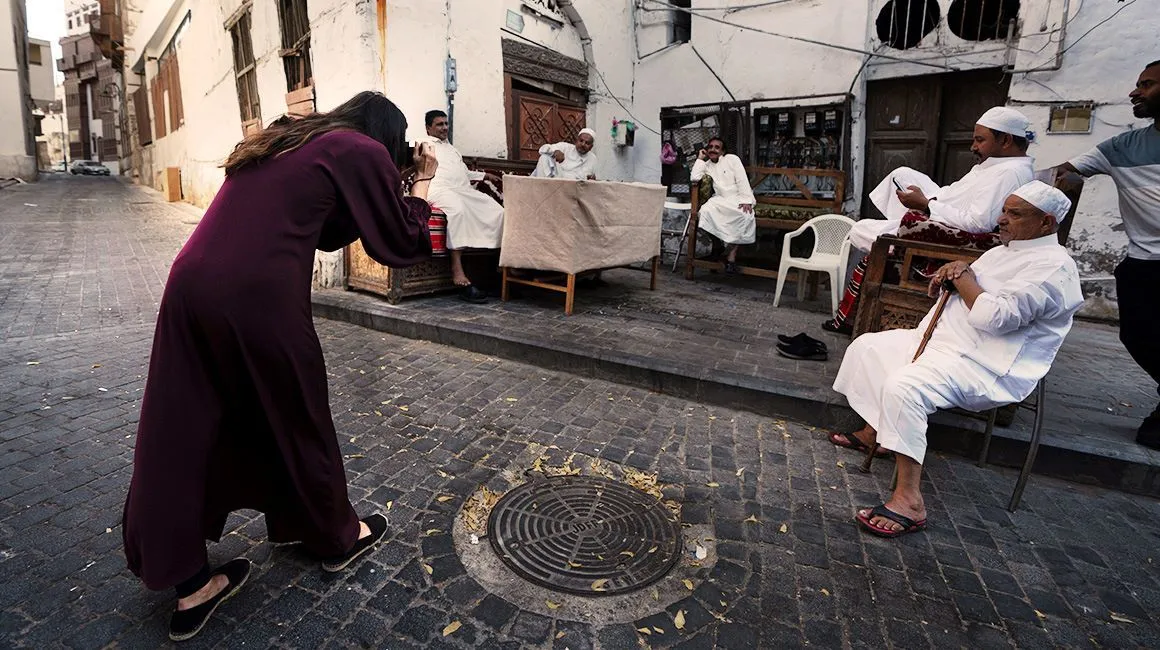
@Saudi Culture and Customs/visitsaudi.com
Exercise caution when photographing government buildings, police stations, or critical infrastructure like airports. These locations often have strict photography rules for security reasons. While casual photography with a smartphone is generally acceptable, using a professional camera with a telephoto lens may raise concerns and could result in being asked to stop.
“Blood Money”
Diya means “blood money”. It is a system of compensation in Islamic law. It allows criminals to pay money to the victim's family. In this way, they can avoid severe punishment, even prison. The system works in cases of unintentional or intentional murder. For example, a criminal must pay $106,000 for killing a man. The cost of a woman's life under this system is half that.
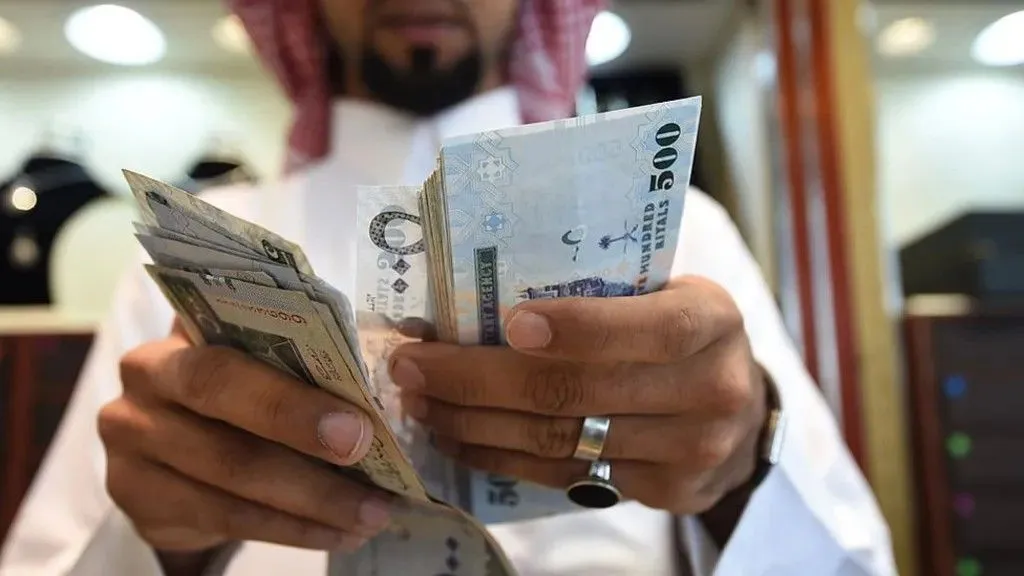
@Saudi Arabia triples VAT to support coronavirus-hit economy/bbc.com
The amount of the death penalty depends on many factors. It considers the victim's gender, religion, and social status. Diyah is viewed as a way to avoid long-term conflicts between families. Although the system has deep religious roots, it is controversial. Many people think it is unfair. The difference in the “value” of men and women is particularly criticized.
A Unique City
Neom is a unique megaproject in Saudi Arabia that has already begun to be implemented. One of its components is a futuristic walled city called The Line. The city will be 500 meters high, 170 km long, and 200 meters wide. It is planned to be constructed along the shores of the Red Sea, close to the borders with Egypt and Jordan. The “line” will consist of two parallel buildings connected by walkways.
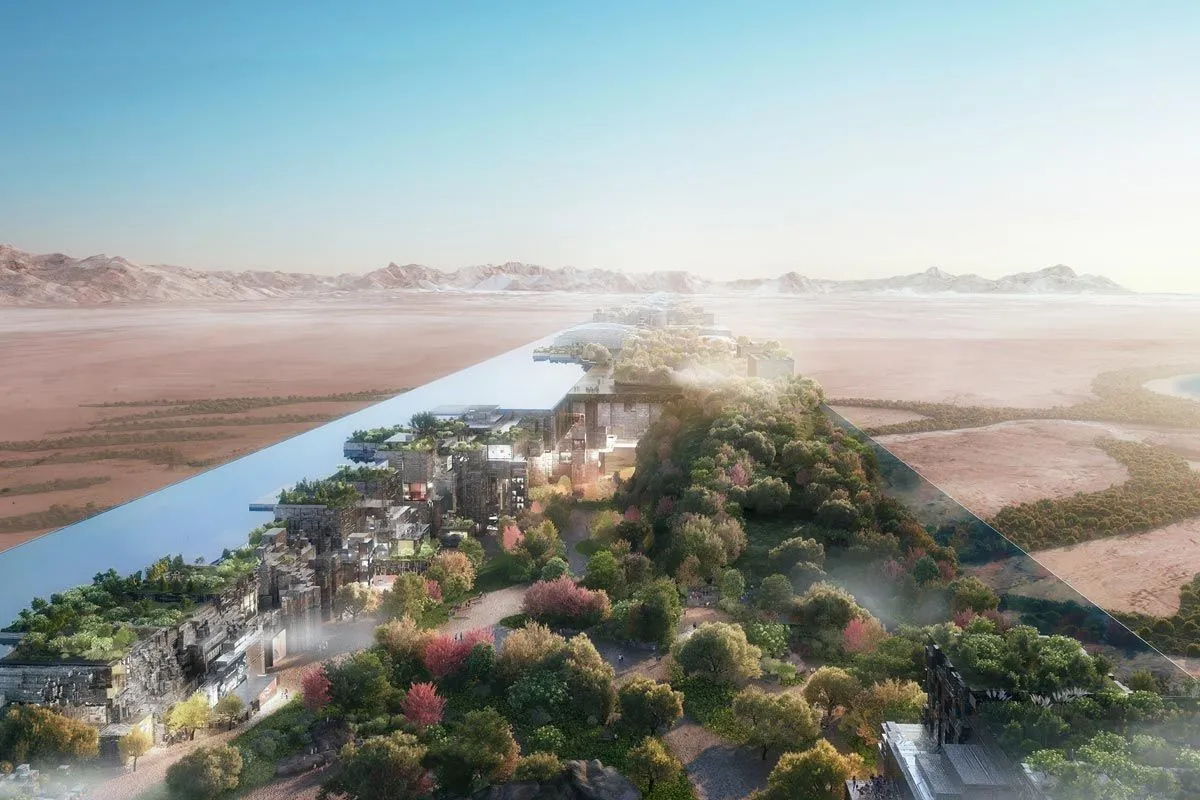 @ratyush Sarup/admiddleeast.com
@ratyush Sarup/admiddleeast.com
The city will be home to 9 million people, and the journey between the two extremes will take only 20 minutes. Cars are not allowed here. Most services will be accessible within a five-minute walk. The entire city will be energy-independent thanks to renewable energy sources. The project is estimated at $1 trillion and will be financed from public and private sources. The construction may take 50 years to complete.
Petrol Cheaper than Water
Petrol is cheaper here than bottled water, showcasing the unique economics of an oil-rich country. A 500–600 ml bottle of water costs about 100 halalah, while petrol prices are significantly lower per liter. For instance, Lead 91 petrol costs 75 halalah per liter, and Lead 95 petrol is priced at 95 halalah per liter.
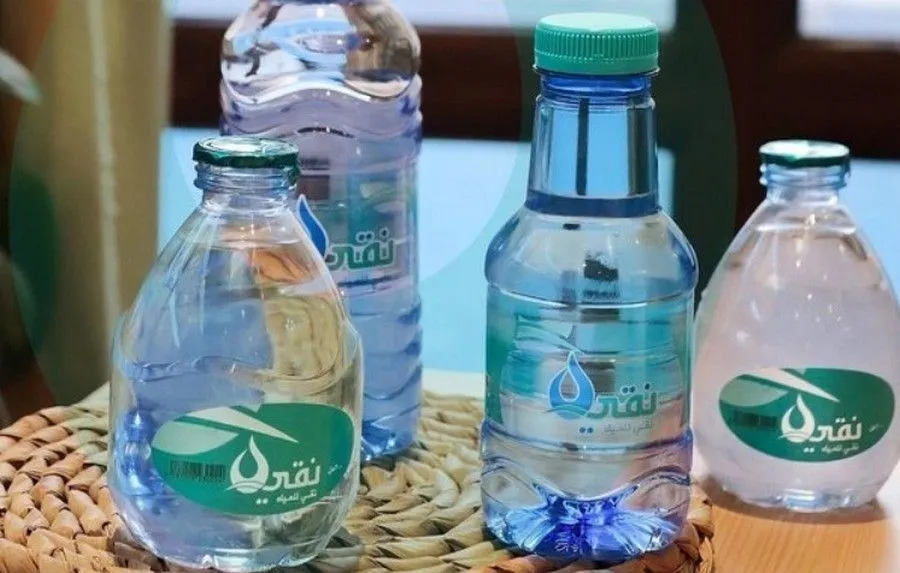
@Naqi Water prepping for 30% stake IPO on Saudi Arabia’s main market/arabnews.com
This means you could buy more petrol than water for the same price. The affordability of petrol reflects Saudi Arabia’s vast oil reserves and subsidies that keep fuel prices low for residents. In contrast, bottled water includes costs for packaging, transportation, and branding, which make it relatively more expensive.
Gambling is not Possible Here
Gambling is strictly prohibited in Saudi Arabia due to religious, cultural, and legal reasons. As an Islamic nation governed by Sharia law, gambling is considered haram (forbidden) under Islamic teachings.

@UAE Eyes $7 Billion Gambling Jackpot/bloomberg.com
In Saudi Arabia, engaging in gambling activities, whether in person or online, is a criminal offense. The government enforces strict regulations and penalties to deter such practices. This includes monitoring online platforms and taking action against those who attempt to gamble digitally.
Eating on the Floor
There is a common tradition of eating on the floor. Meals are often served on large platters placed on the floor, where family members and guests gather to share food. This tradition is not only about the physical act of eating but also about the cultural experience of bonding over food.
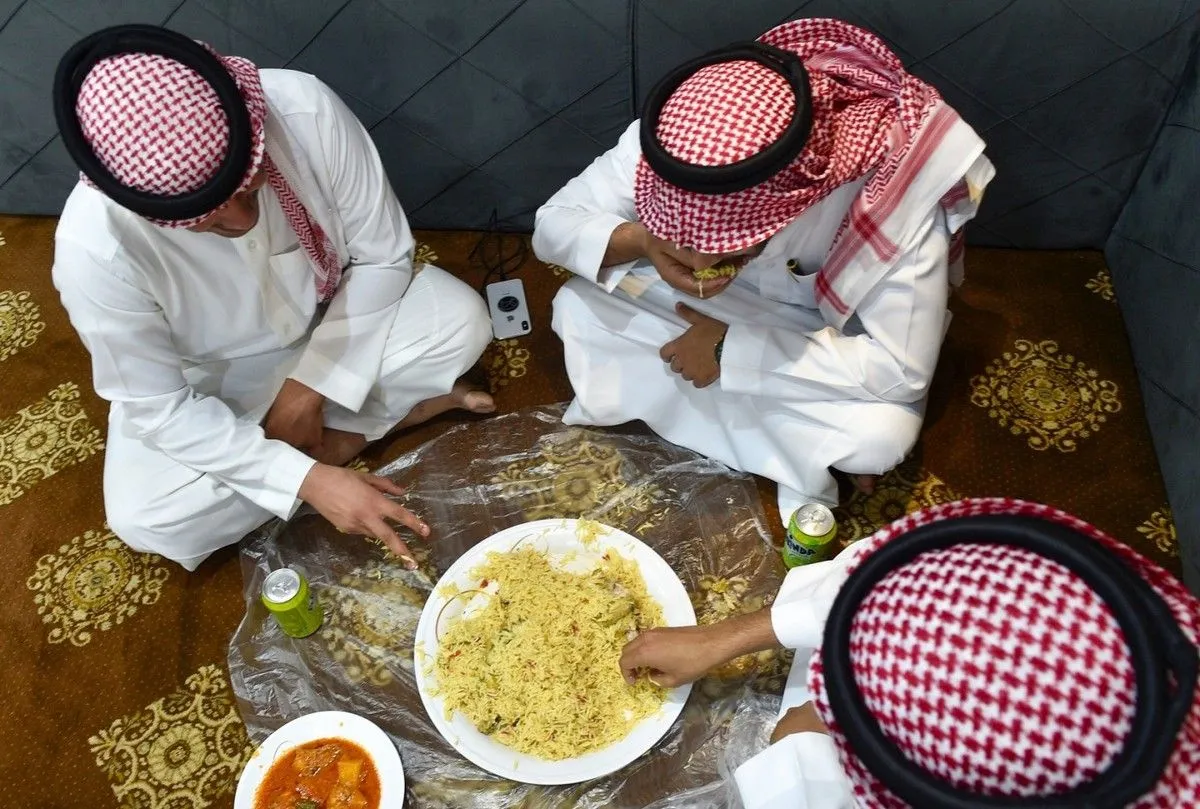
@Saudi Arabia Culinary Tour/letsgomelo.com
It reflects the importance of humility and the rejection of excessive formality. Even in affluent households, the floor meal is seen as an important ritual that brings people closer and strengthens familial and social ties.
The Death Penalty Still Exists
Saudi Arabia is one of the top executioners in the world, ranking third after China and Iran. Between January 1985 and June 2015, at least 2,208 individuals were executed, with 48.5% of them being foreign nationals. A significant portion of executions is for non-lethal crimes, particularly drug-related offenses, which have increased sharply over the years.
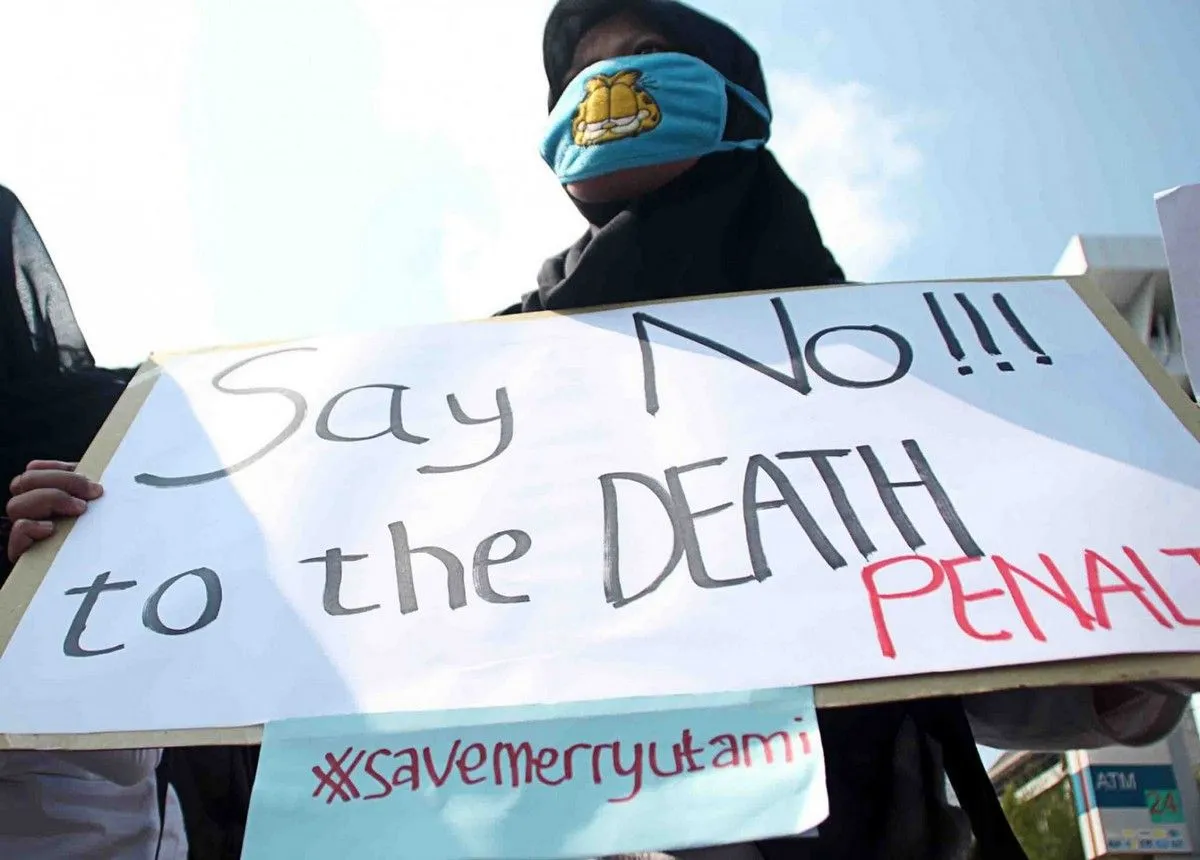
@Saudi Arabia eliminates death penalty for minors/thejakartapost.com
Beheadings are the most common execution method, though firing squads are also used. The trials are often secretive, and defendants are sometimes denied legal representation. Confessions may be coerced under torture. In some cases, juveniles, individuals with mental disabilities, and those convicted of non-lethal crimes such as adultery or sorcery are sentenced to death.
Showing Respect is Crucial During Ramadan
Ramadan is a holy month for Muslims. During this time, they fast from dawn to dusk. Non-Muslims are encouraged to respect this tradition by refraining from eating, drinking, or smoking in public during fasting hours. Life slows down significantly during Ramadan.
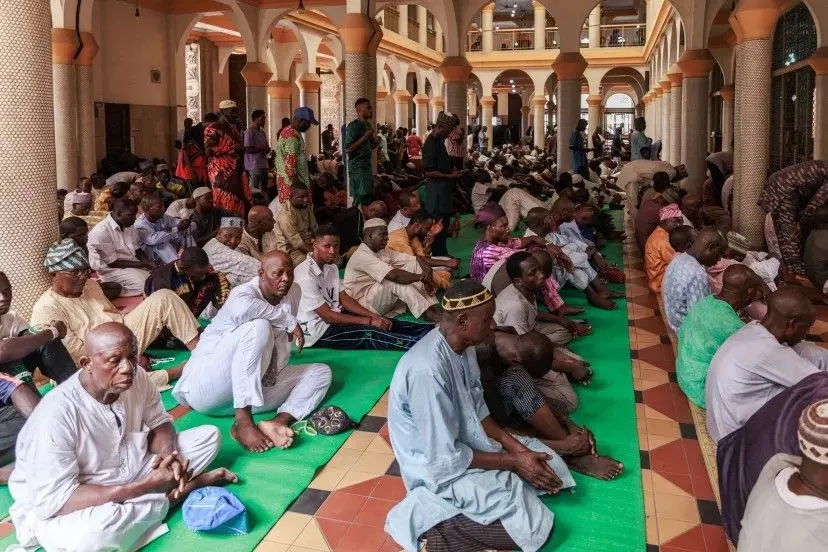
@Jennifer Williams/vox.com
Businesses adjust their hours, and many restaurants are closed during the day, reopening only for Iftar, the evening meal to break the fast. If invited to an Iftar, it's a wonderful opportunity to experience Saudi hospitality and the communal spirit of Ramadan, characterized by generosity, reflection, and unity.
Camel Beauty Contests
There are camel “beauty salons” in the country where animals are prepared for prestigious beauty contests. In these contests, camels are judged on several criteria, including the shape of their lips, neck, and hump. Participation in such competitions is a great prestige, and the winners receive multimillion-dollar prizes.
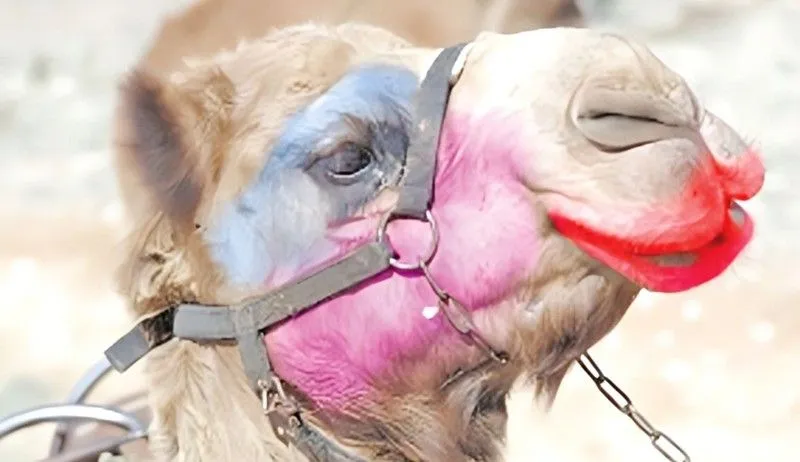
@Saudi camel beauty pageant hit by cheating/daily-sun.com
This makes contests an important element of the country's culture and economy. Camels, as a symbol of Arab heritage and traditions, are important in public life, and their beauty is often associated with success and status.
Meals as a Special Ritual
Families and friends come together to share food in a spirit of unity and hospitality. Dining is not only about nourishment but also a social event, where conversation, laughter, and connections are fostered. The tradition of eating together is deeply rooted in Saudi culture, emphasizing the importance of community and family bonds.
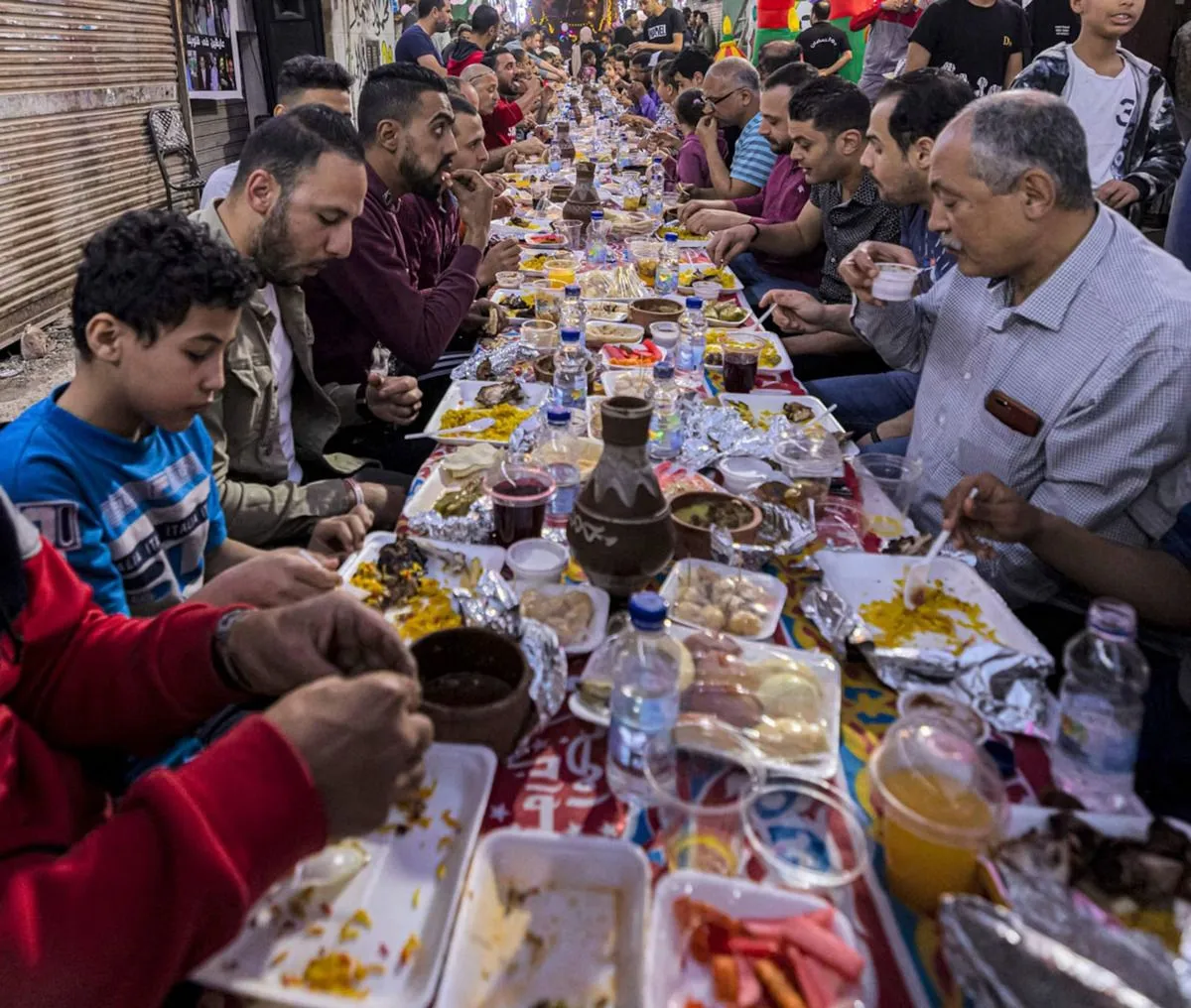
@Ahmed Hammad/nationalgeographic.com
Typically, meals are served on large platters, allowing everyone to share the same dish, which reinforces a sense of togetherness. Dishes often feature rich, flavorful ingredients such as lamb, rice, and a variety of spices. Meals are accompanied by traditional beverages like tea, coffee, and fresh juices.
Pork
It is not customary to eat pork. This prohibition stems from the Islamic concept of "halal," which dictates that only permissible foods can be consumed. Pork is deemed "haram" (forbidden) in Islam following religious teachings.
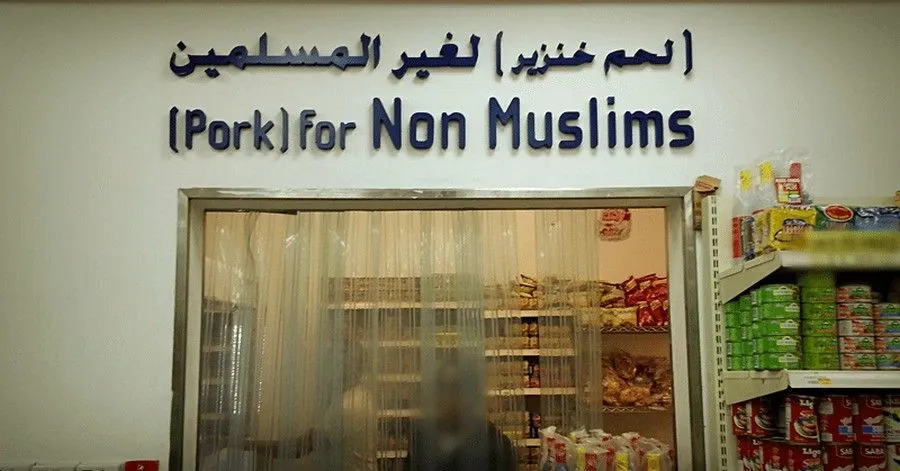
@Can you buy pork in Saudi Arabia?/lifeinsaudiarabia.net
This practice aligns with dietary restrictions observed in many Muslim-majority nations. Visitors and residents are expected to respect these rules. Importing or possessing pork products within the country is illegal.
Dog Racing
Dog racing and hunting with dogs are deeply ingrained in the culture of Saudi Arabia. The Saluki, a breed renowned for its speed and agility, holds a place of high esteem. These dogs have been bred for centuries in the Arabian Peninsula, particularly for their hunting prowess in desert environments.
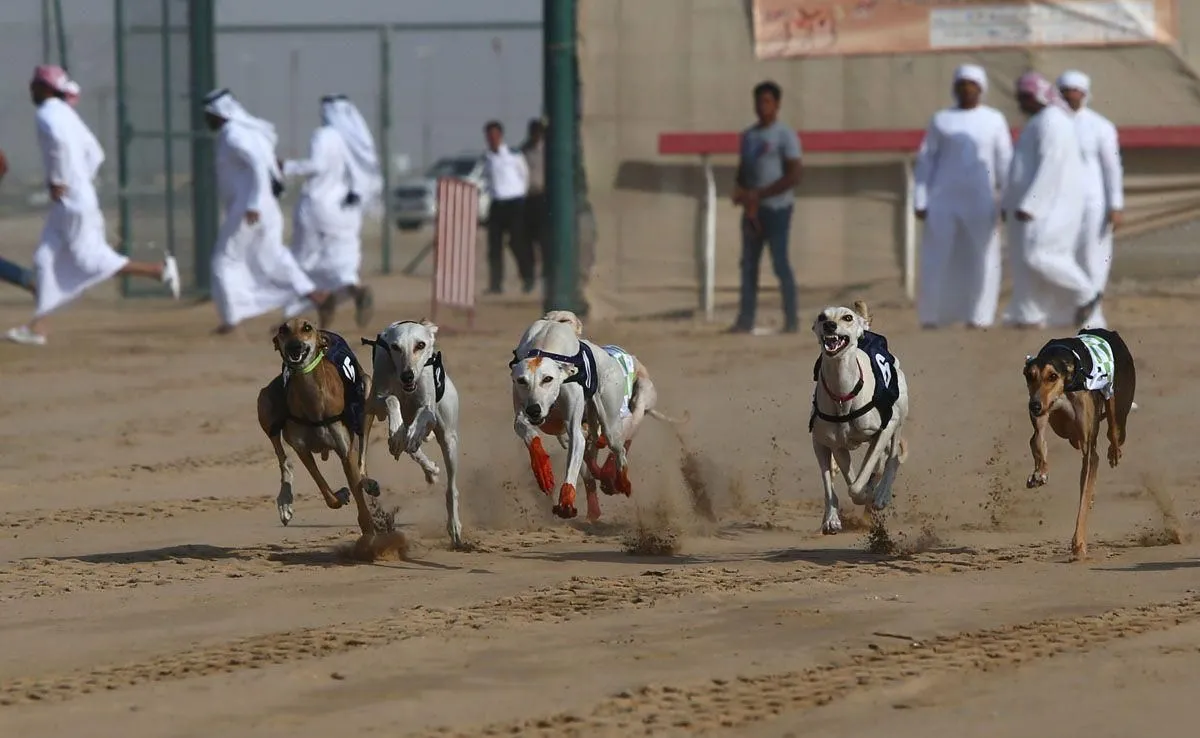
@Traditional races of Arabian pure-bred salukis in Abu Dhabi/arabianbusiness.com
Owning a Saluki, especially one that has excelled in competitions, is a symbol of status and skill. The tradition of training and racing these dogs is celebrated as an important part of the region's cultural heritage.
Center Pivot Irrigation Circle
The circular patterns often observed in Saudi Arabian agricultural fields are not extraterrestrial creations but rather a testament to human ingenuity. These patterns are the result of "center pivot irrigation," a method designed for efficient water use in arid regions.
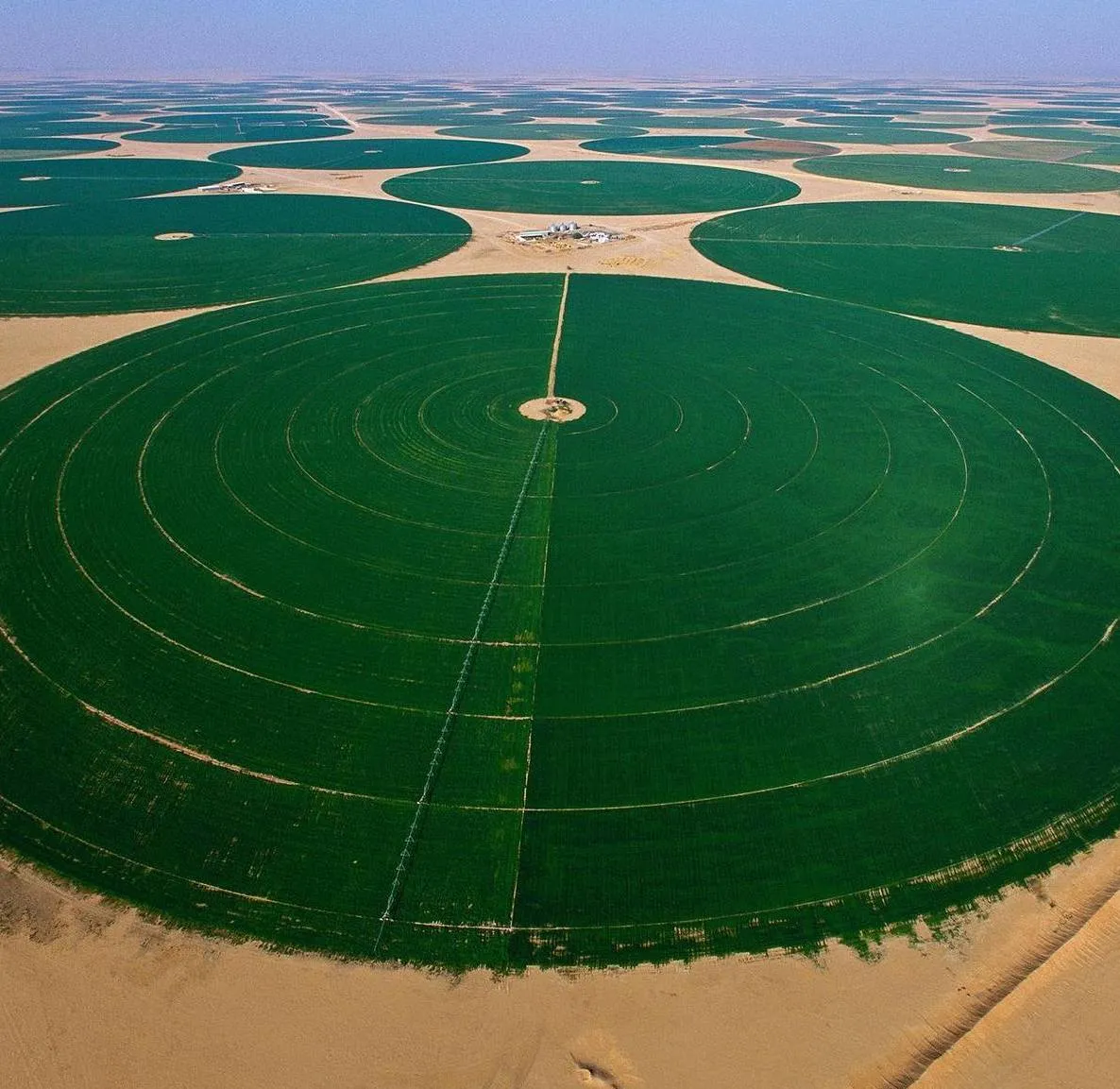
@dailyoverview/instagram.com
In Saudi Arabia, where water resources are scarce, this system is crucial for agriculture. Farmers access deep underground water sources, often located hundreds of meters below the surface. This water is then pumped to the surface and distributed evenly across the fields by large rotating sprinklers that pivot around a central point.
High Percentage of the Younger Generation
Saudi Arabia's demographic landscape is notably youthful, with those under 30 comprising over 59% of the nation's population. This young majority represents a fascinating blend of traditional values and contemporary aspirations.
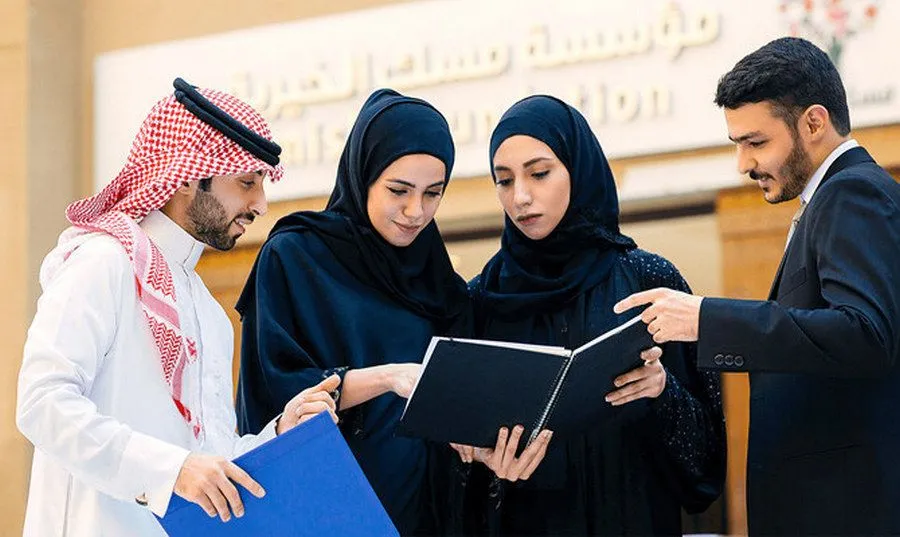
@Saudi National Day: These are exciting times for Saudi Arabia’s youth/arabnews.jp
Crown Prince Mohammad bin Salman has emerged as a central figure in this generational shift. His Vision 2030 reform program, which emphasizes economic diversification and social modernization, has garnered significant support among young Saudis.
Favorite Delicacies
The love for dates in Saudi Arabia is so profound that the average person consumes around 40 kg of dates annually. With more than 300 varieties of dates cultivated across the country, they are enjoyed in a wide range of forms, from simple snacks to ingredients in various dishes.
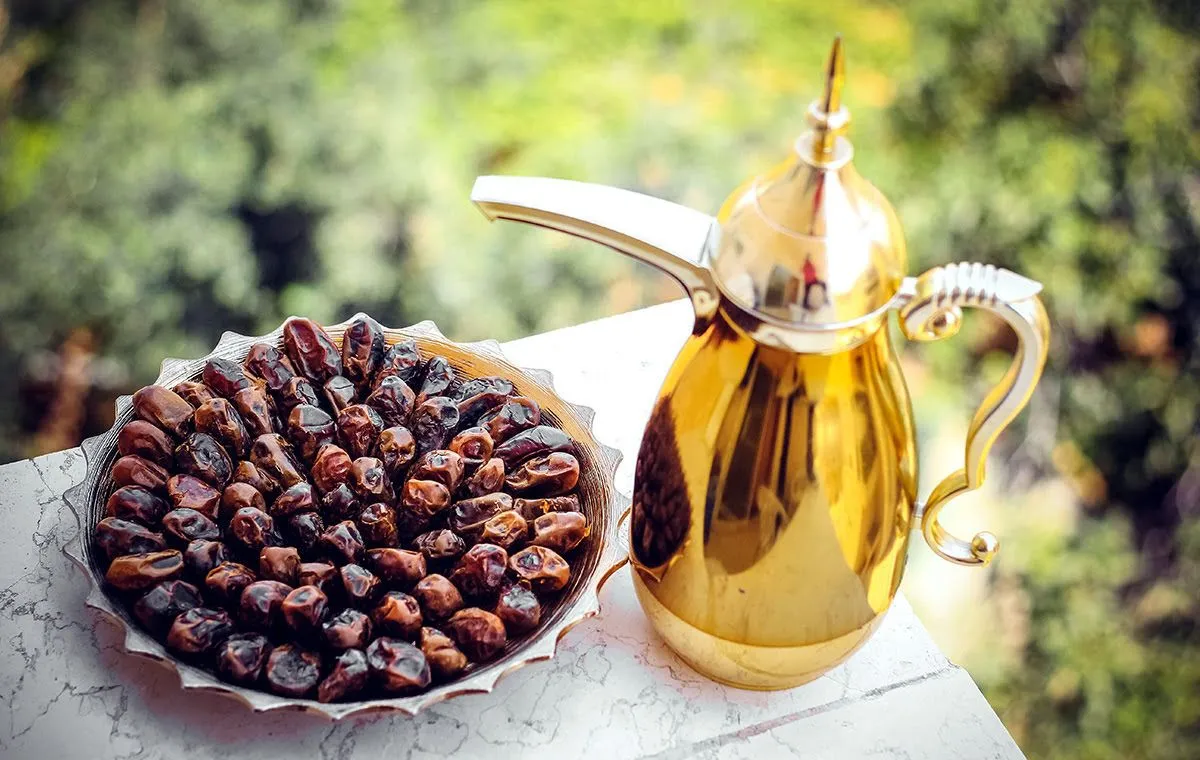
@Ahmed Elshiekh/quora.com
In addition, Arabs love to drink coffee with dates. Here, it is called bitter unsweetened coffee, known as “Gahwa,” which is a staple of daily life. When they meet, they always taste coffee and it is a tradition.
Desert Day Trips
Desert day trips, known in Saudi Arabia as "tal’aet bar," are a popular activity, though the exact meaning of the term might be unclear even to native Arabic speakers. These trips involve packing up carpets, Arabic floor couches, and plenty of essentials into a 4x4 vehicle and heading out to the vast, tranquil desert to drink coffee.
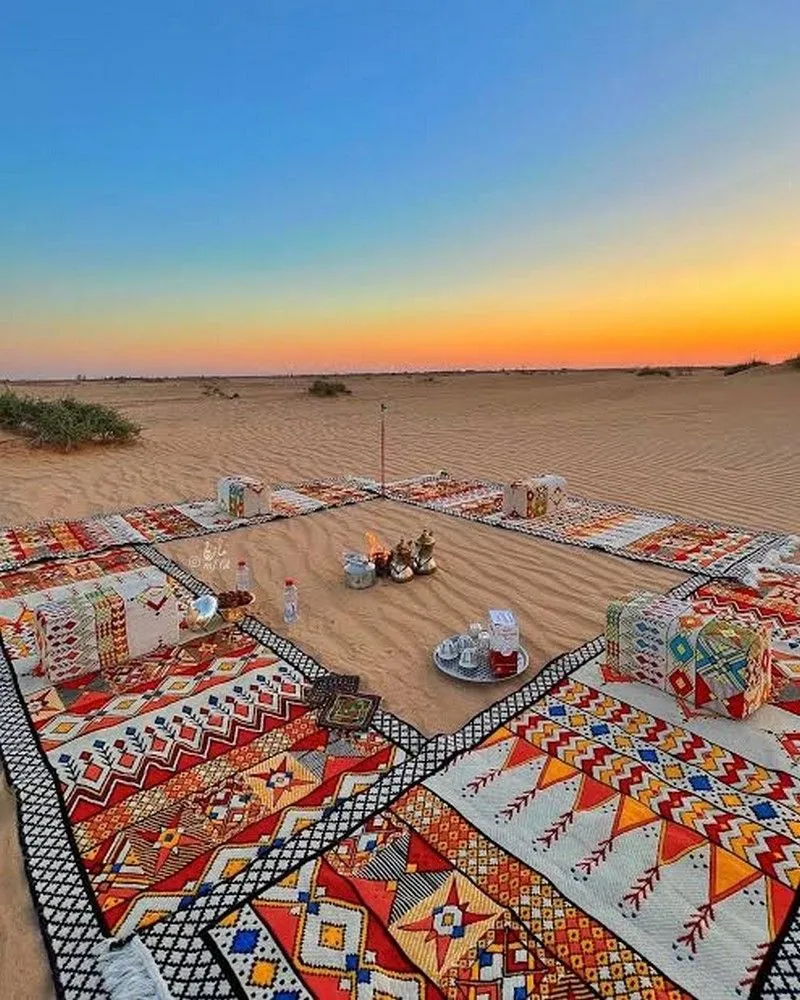
@Ahmed Elshiekh/quora.com
The atmosphere is relaxed and social, with friends and family gathering together to enjoy the peaceful desert environment. Whether it's for a day of relaxation or an afternoon adventure, these desert outings offer a perfect opportunity to reconnect with nature and culture.
Free Cold Water at Petrol Stations
In Saudi Arabia, a unique touch of hospitality can be found at many petrol stations across the country. To combat the scorching summer temperatures, which often exceed 40°C, many stations offer drivers and passengers free cold drinking water bottles and tissue boxes.
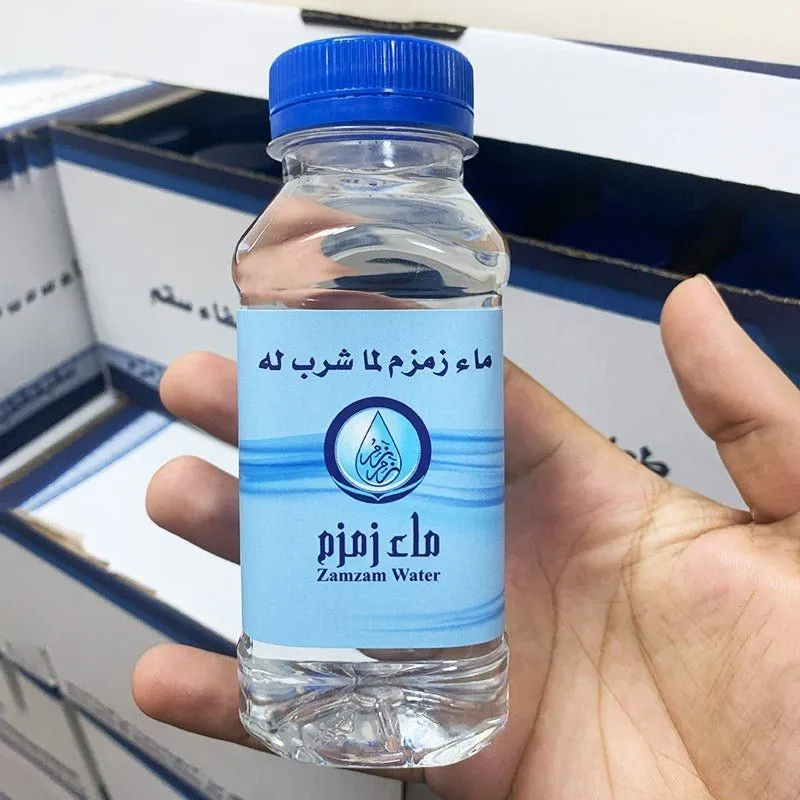
@bestfor5736/threads.net
This simple gesture goes beyond basic service. It reflects a commitment to customer care and a desire to enhance the travel experience. This act of generosity not only quenches thirst but also showcases Saudi Arabia's renowned hospitality culture, leaving a positive and lasting impression on both locals and visitors.
Comfortable Mosques
The mosques are not merely places of worship. Recognizing the needs of travelers, highway mosques operate 24/7, providing a convenient place for prayer during long journeys. There is air conditioning for the comfort of players.
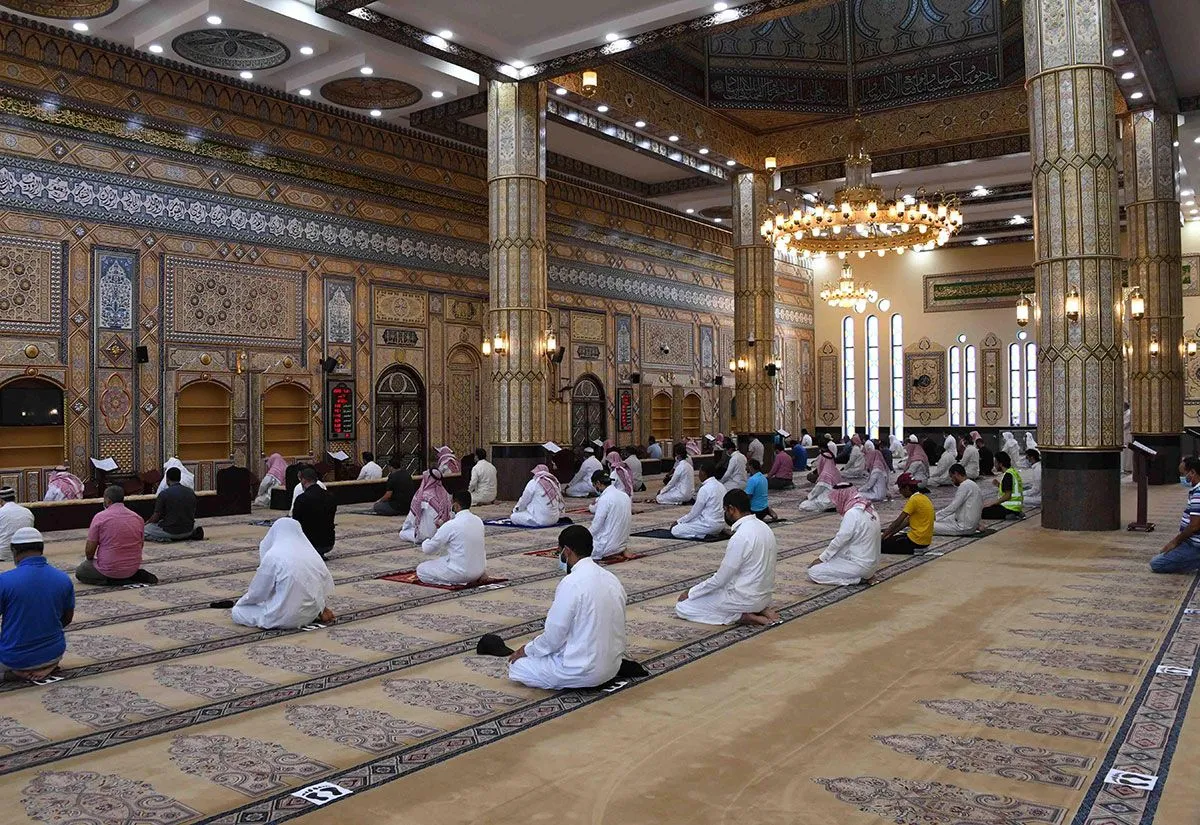
@Saudi Arabia reopens mosques for prayers/arabianbusiness.com
Beyond their primary function, these mosques go the extra mile by offering essential amenities. Refrigerators stocked with water, and often buttermilk, yogurt, and bread, ensure that travelers can rehydrate and refresh themselves.
Folk Rituals
Al Ardha, the national dance of Saudi Arabia, is a captivating folk ritual with deep roots in Bedouin traditions. Performed at various celebrations and events, Al Ardha is a mesmerizing spectacle. Accompanied by the rhythmic beat of traditional drums, a poet chants verses that evoke themes of honor, bravery, and communal pride.
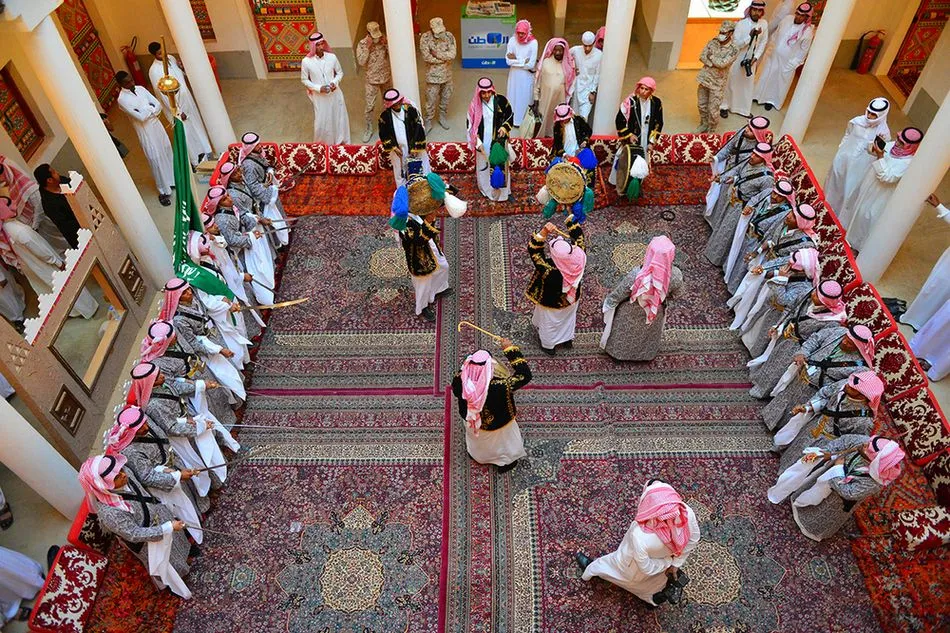
@Alardah Alnajdiyah, dance, drumming and poetry in Saudi Arabia/ich.unesco.org
Men, standing shoulder to shoulder, perform intricate steps in unison, their movements a graceful yet fierce display of strength and unity. The dance features precise sword flourishes and synchronized footwork, symbolizing the resilience and spirit of the Saudi people.
It is Important to Be Restrained
The public displays of affection, such as kissing, hugging, or other intimate gestures, are generally considered inappropriate and disrespectful. This cultural norm is rooted in traditional values, where modesty and privacy are highly emphasized. Public affection is often seen as an intrusion on personal space and can be interpreted as improper.
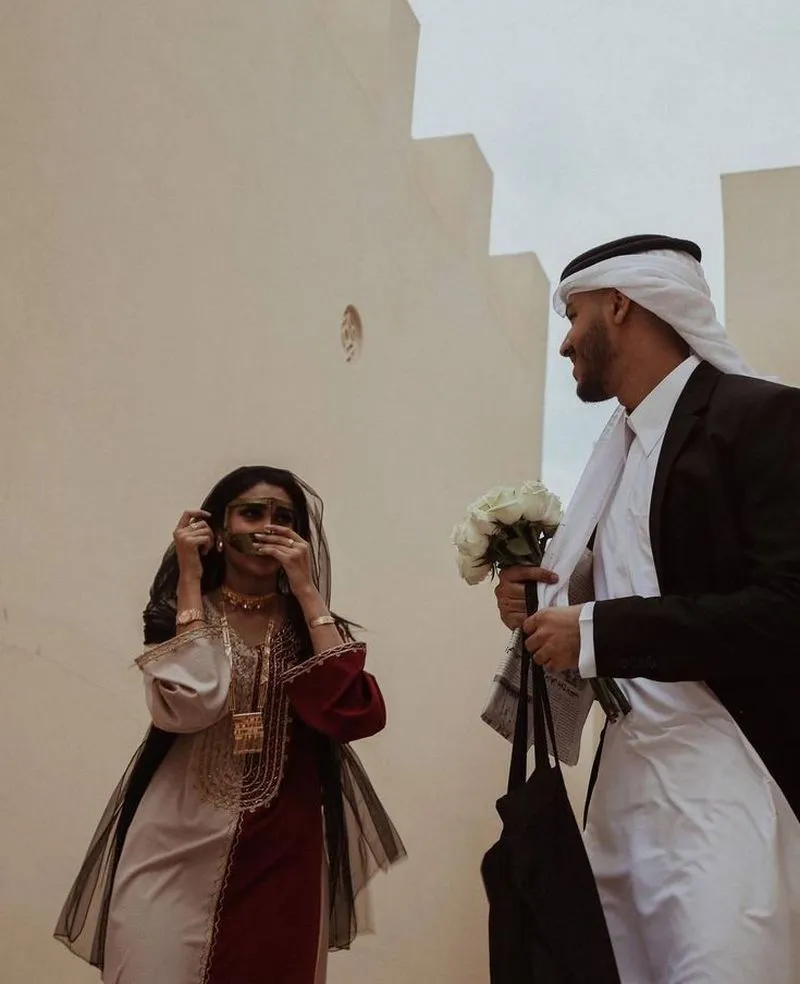
@syedazarinakouser/pinterest.com
It is advisable to exercise discretion and respect for local customs. In some urban areas or among younger generations, there may be more relaxed attitudes, but public intimacy is still typically avoided in most public spaces.
Show Respect to Elders in All Circumstances
Reverence for the elderly stands as a fundamental cultural value. The older generation holds a distinguished position as the keepers of cultural knowledge and traditional wisdom, earning profound respect from younger members of society.
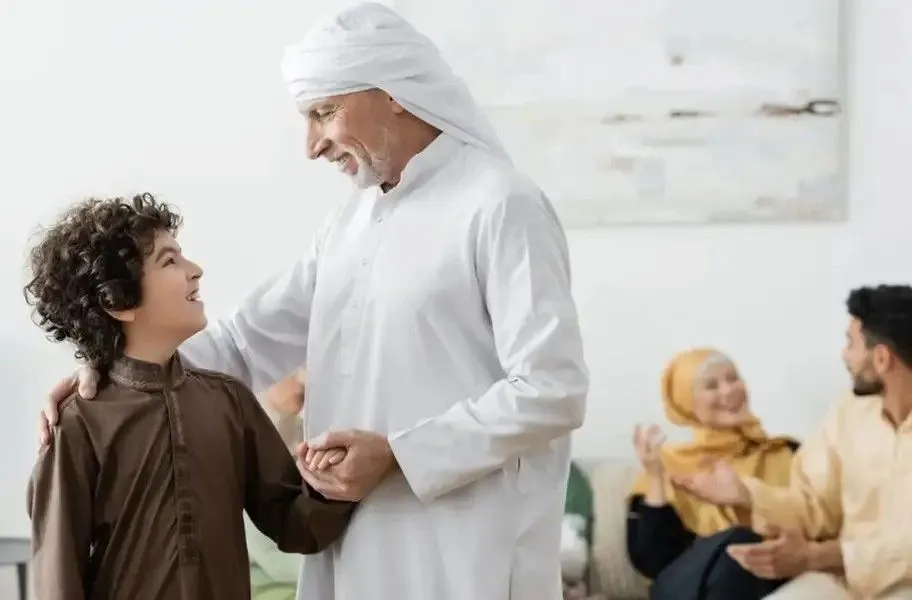
@Traveloka Team/traveloka.com
This respect manifests in practical ways: rising when an elder enters, offering them priority in public spaces, or using familial terms like "uncle" or "aunt" regardless of actual relation. These gestures reflect both respect and genuine affection, acknowledging elders' esteemed position within the community.
Citizenship is only for Muslims
Non-Muslims are not eligible for Saudi citizenship, and the country restricts public religious practices outside of Islam. This includes prohibitions on the public display of religious symbols or the practice of non-Islamic worship, such as holding public Christian, Jewish, or other non-Muslim religious ceremonies.
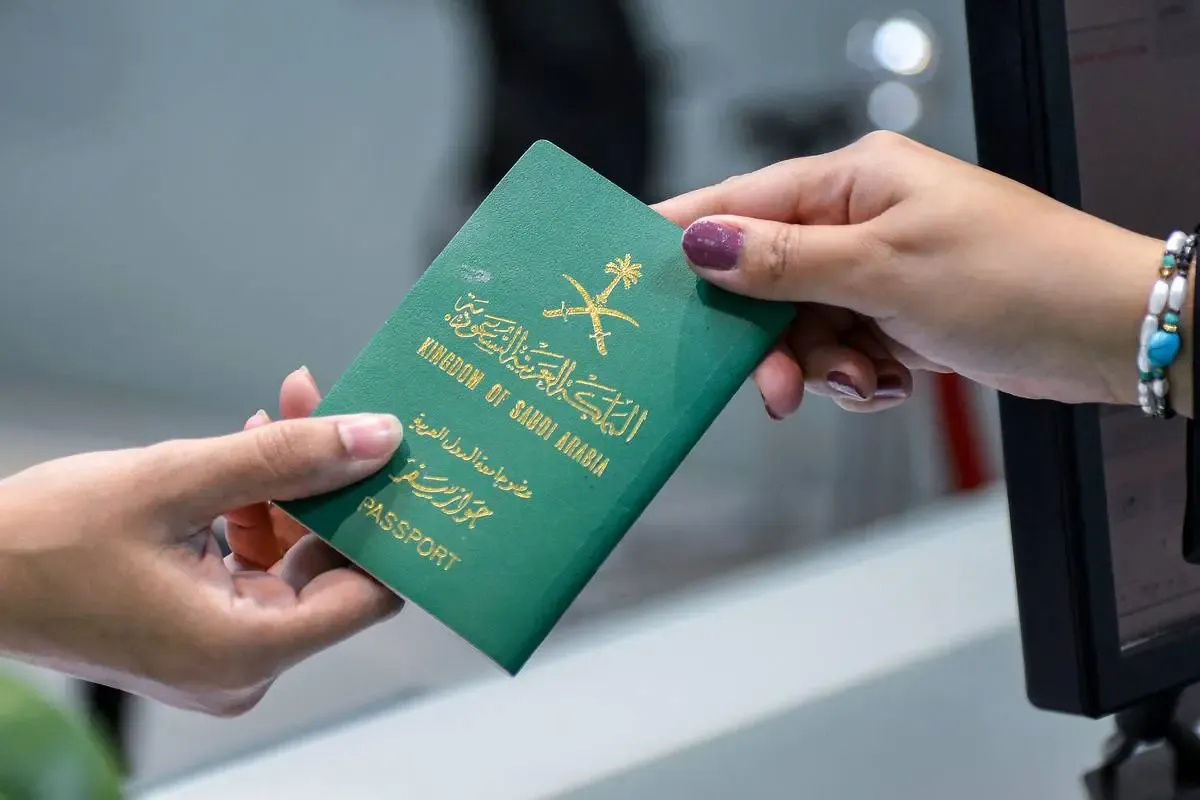
@Saudi Arabia amends citizenship laws to include foreign nationals/middleeastmonitor.com
While non-Muslims are welcome to visit Saudi Arabia for tourism or business purposes, they are expected to respect local customs and regulations, particularly those related to religious observance. Private worship within homes or designated spaces for non-Muslims is allowed but public religious gatherings.
Control of the Media
The media in this country is a complex interplay of private ownership and government influence. A diverse range of daily and weekly newspapers, published in both Arabic and English, cater to a broad spectrum of readers. While many of these publications are privately owned, self-censorship remains a significant concern for editors.
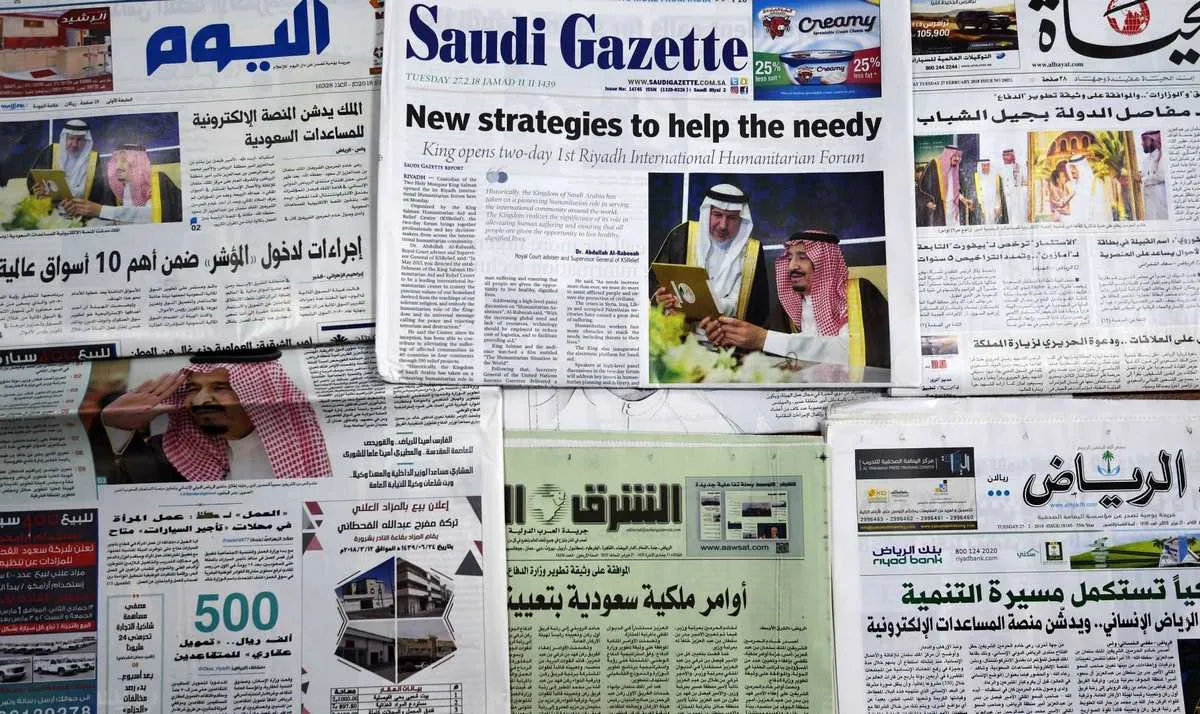
@Saudi press celebrates Israel-UAE-Bahrain normalisation agreement/newarab.com
This stems from the prevailing social and political climate, where criticism of the government, the royal family, or religious institutions is often met with intolerance and disapproval. Journalists who express views deemed anti-government or critical of religious authorities may face severe repercussions, including job loss.
Avoid Finger-Pointing
Direct finger-pointing is generally considered rude and confrontational in this country. Locals often convey direction more subtly, using gestures like chin nods or hand movements. This practice reflects the strong emphasis on humility within Saudi society, where direct or abrupt gestures can be seen as intrusive.

@Saudi businessman/freepik.com
By adopting this subtle approach, visitors demonstrate their awareness and respect for Saudi cultural norms. This simple act of cultural sensitivity fosters rapport and creates a more comfortable and respectful environment for interaction.
Gender Segregation in Public Spaces
Saudi Arabia maintains strict gender segregation in public spaces, including malls and restaurants. In malls, entry is typically restricted to men accompanied by women or women visiting independently. Restaurants often have separate sections for families and single individuals, with distinct lines or even entirely segregated areas.
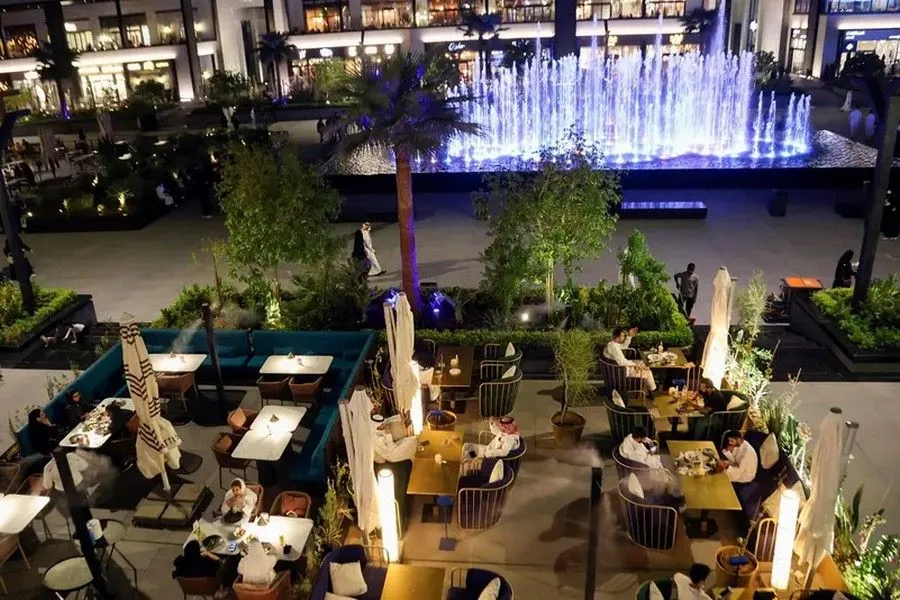
@Saudi citizens throng restaurants, cafes as staycations boost economy/alarabiya.net
This rule applies more strictly to Saudi men, while non-Saudi men, particularly Western expats, generally experience fewer restrictions in this regard. These regulations aim to uphold conservative social norms and traditions, emphasizing the separation of unrelated men and women in public settings.
Check Local Business Hours
Saudi business hours are influenced by local customs, religious observances, and the cultural importance of prayer times. Typically, businesses operate from 8 am to 5 pm but with Friday being a day of worship, many establishments close for several hours to allow for the Friday prayers.
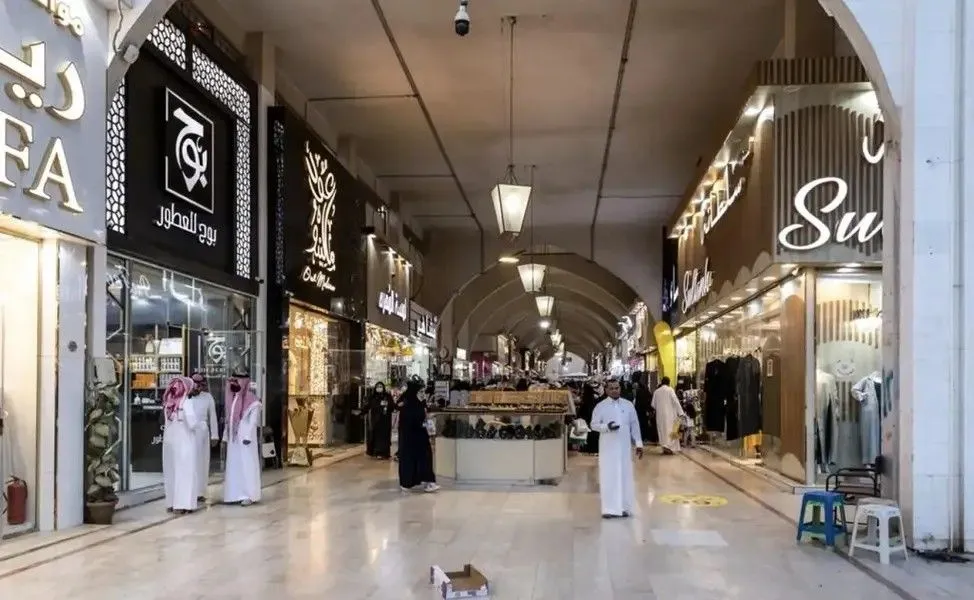
@old local market in Riyadh/dreamstime.com
As a result, businesses may open later or operate with shorter hours on Fridays. Additionally, Saturday is often observed as a rest day, meaning many offices and shops are closed. These adjustments reflect Saudi Arabia's respect for religious practices and the cultural significance of the Islamic calendar.